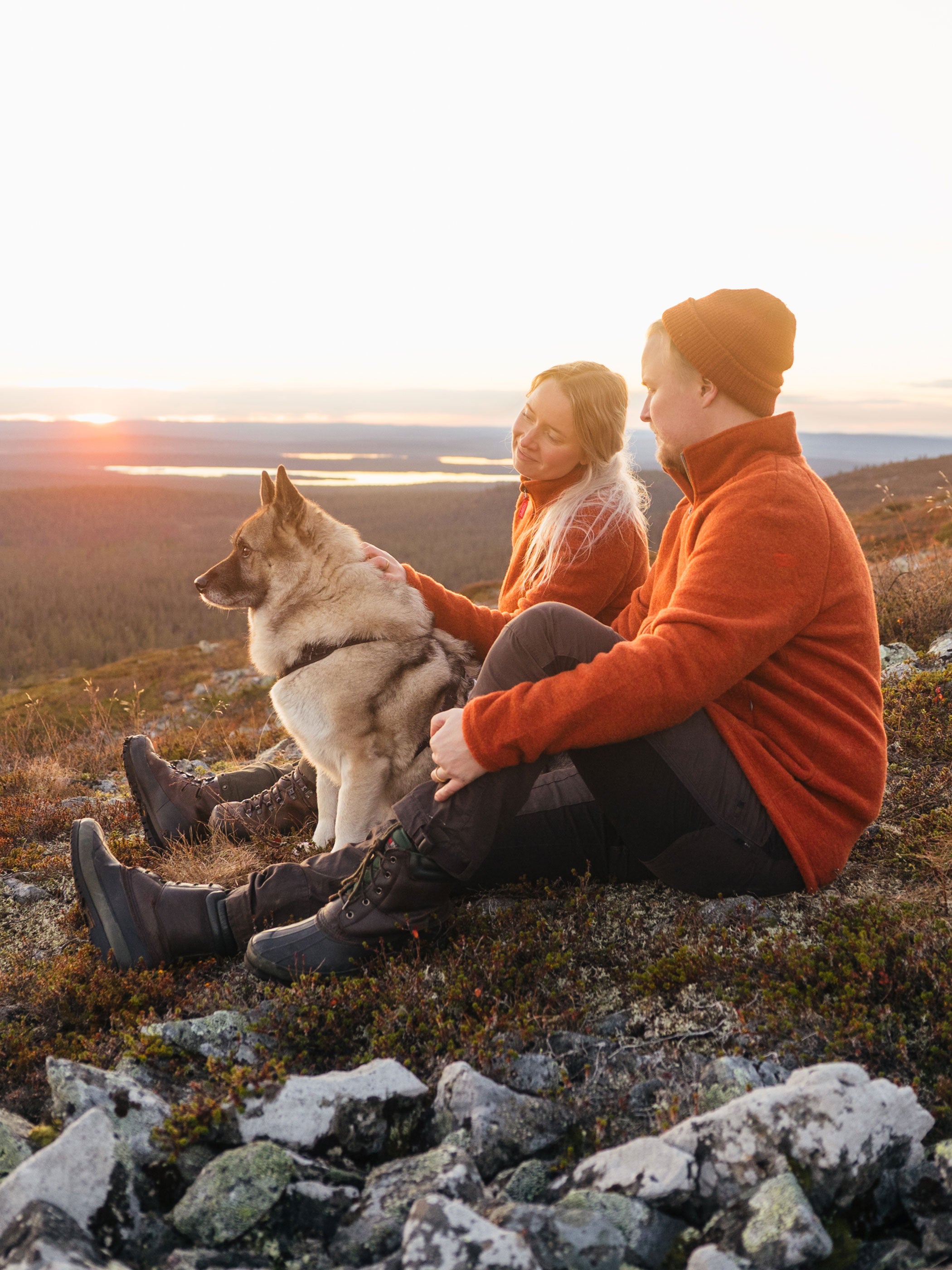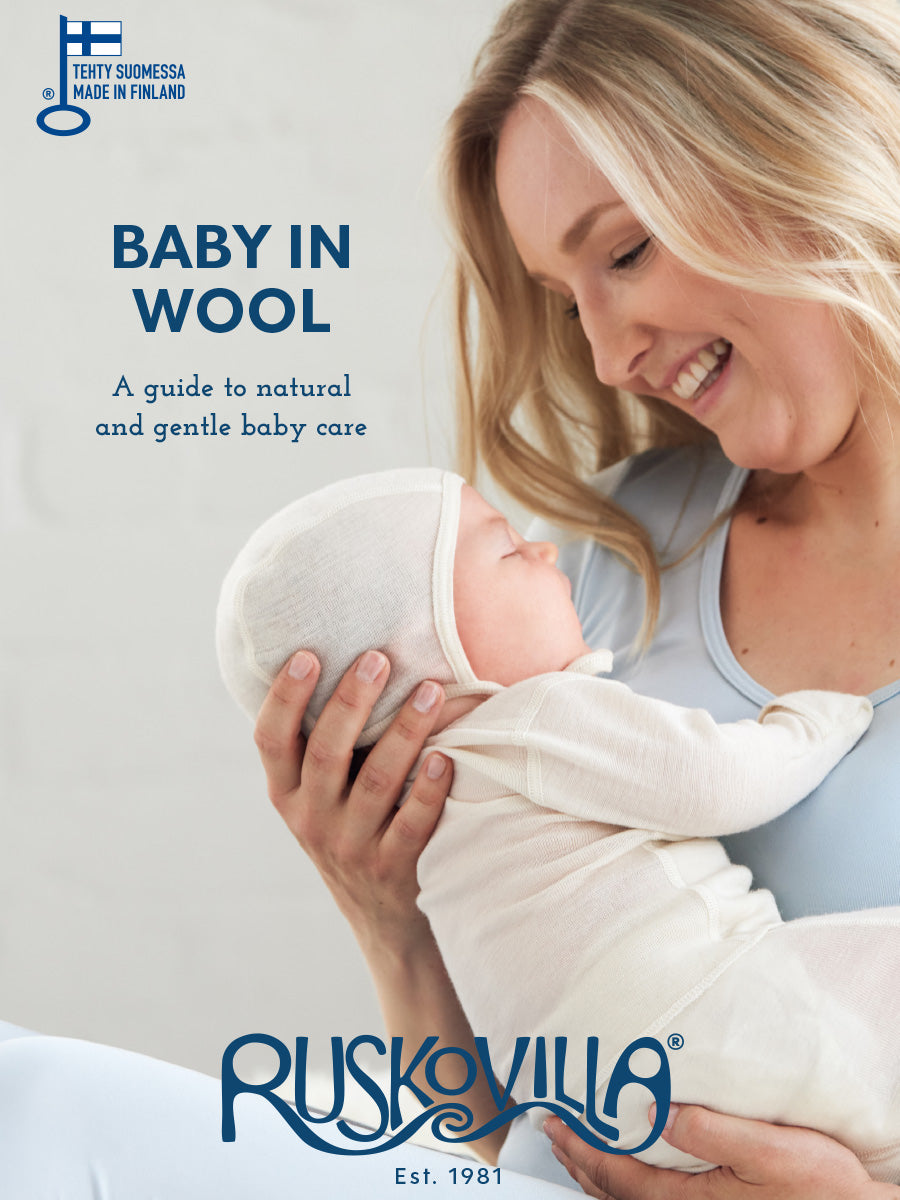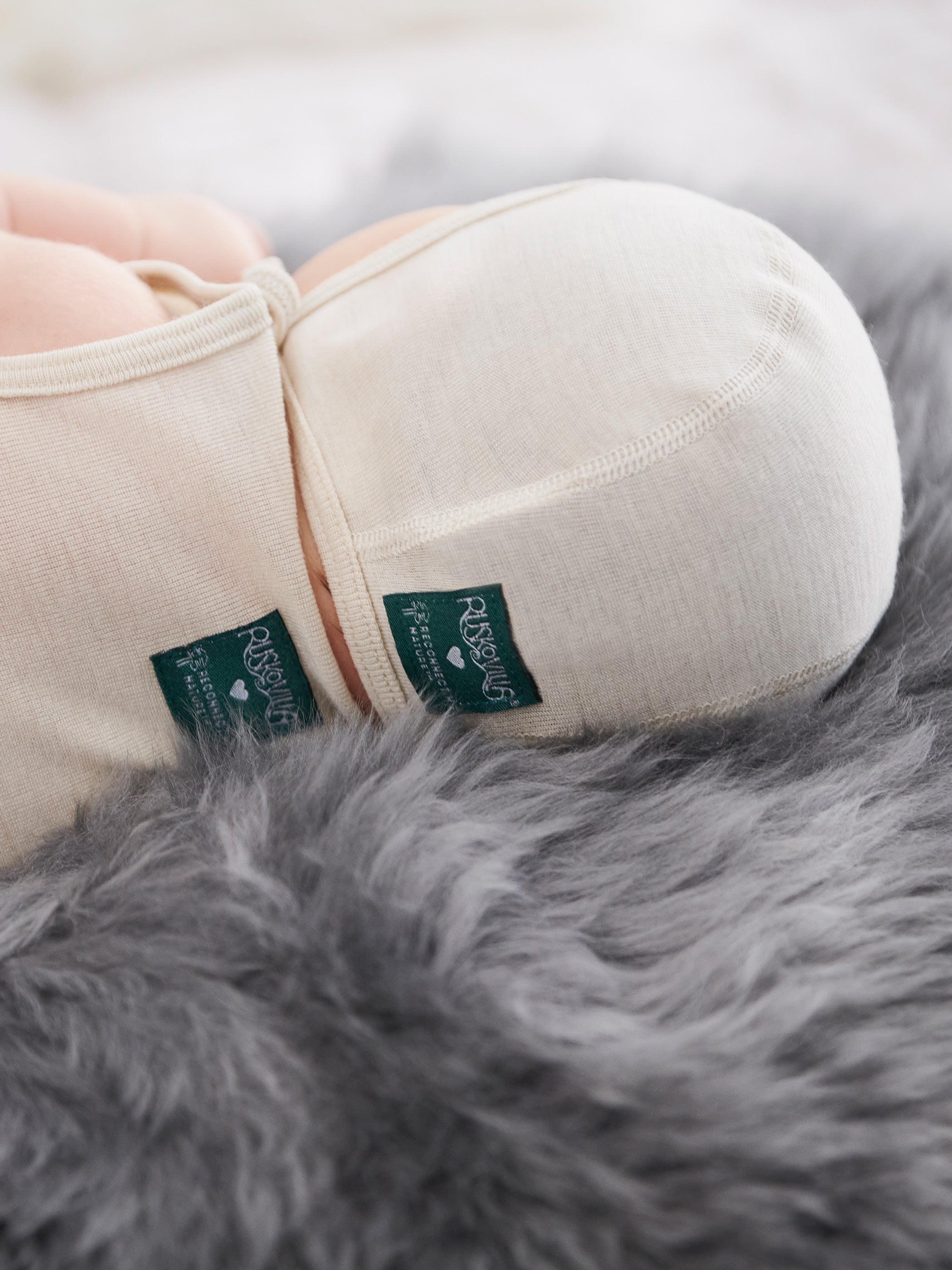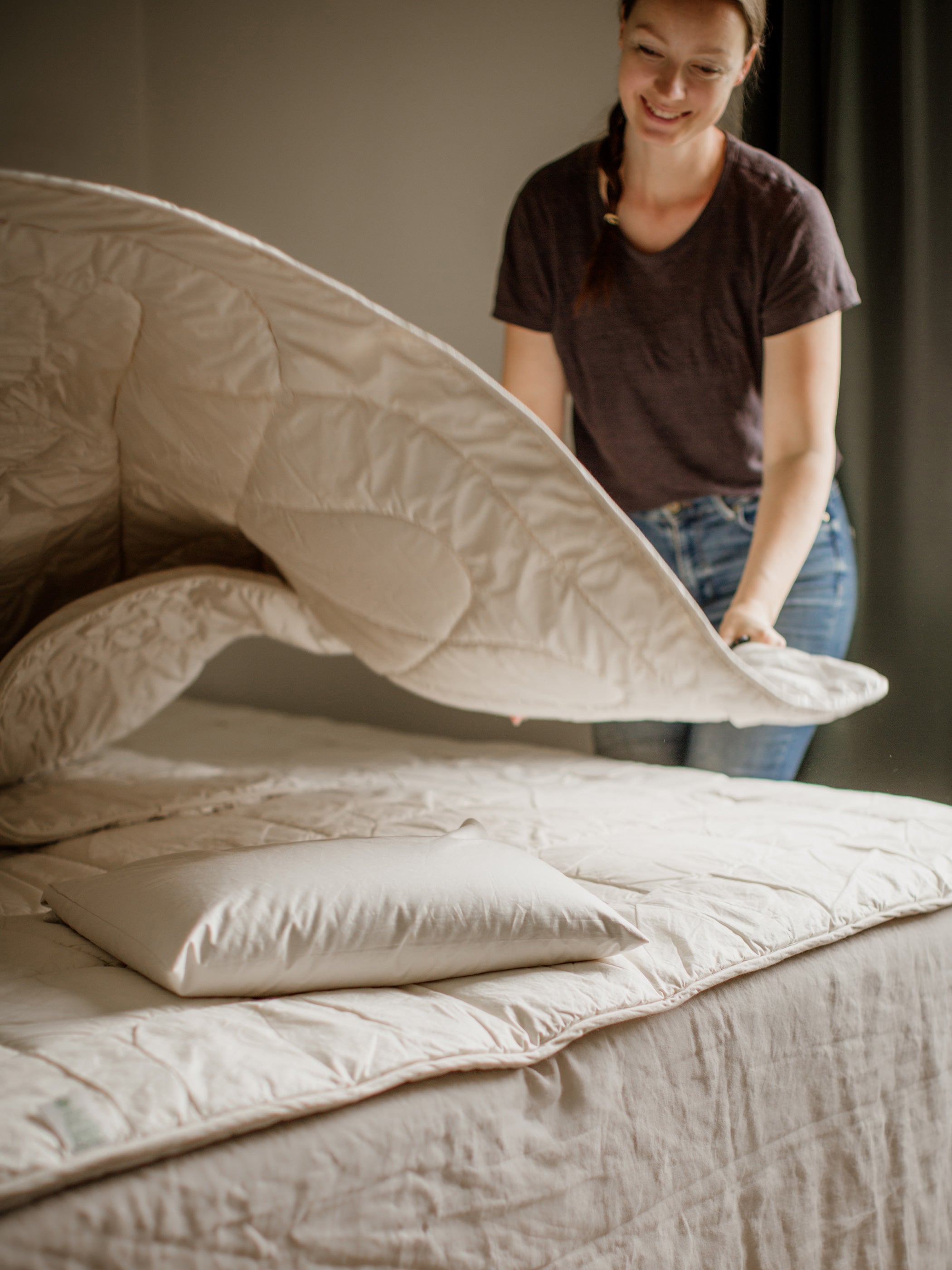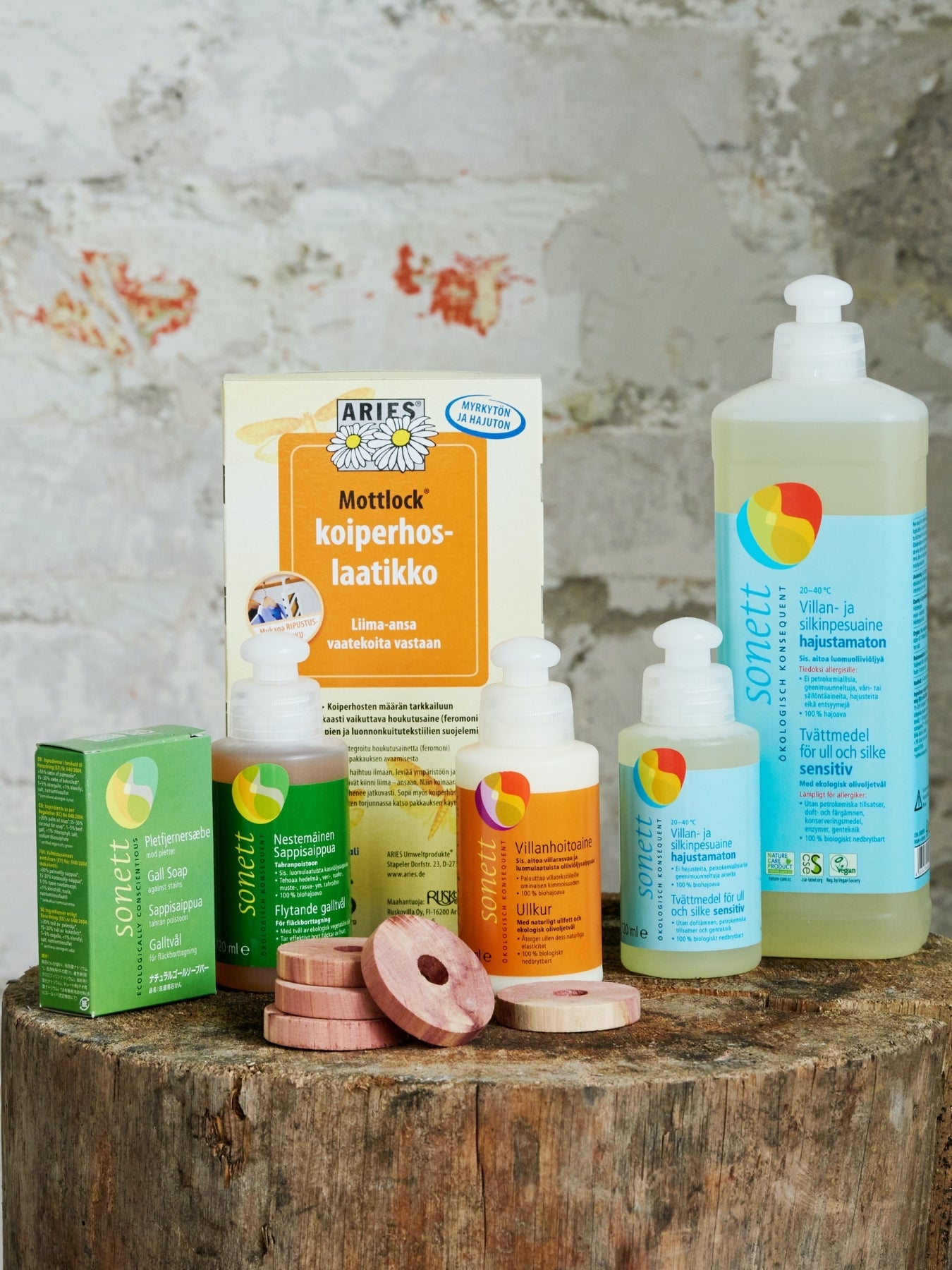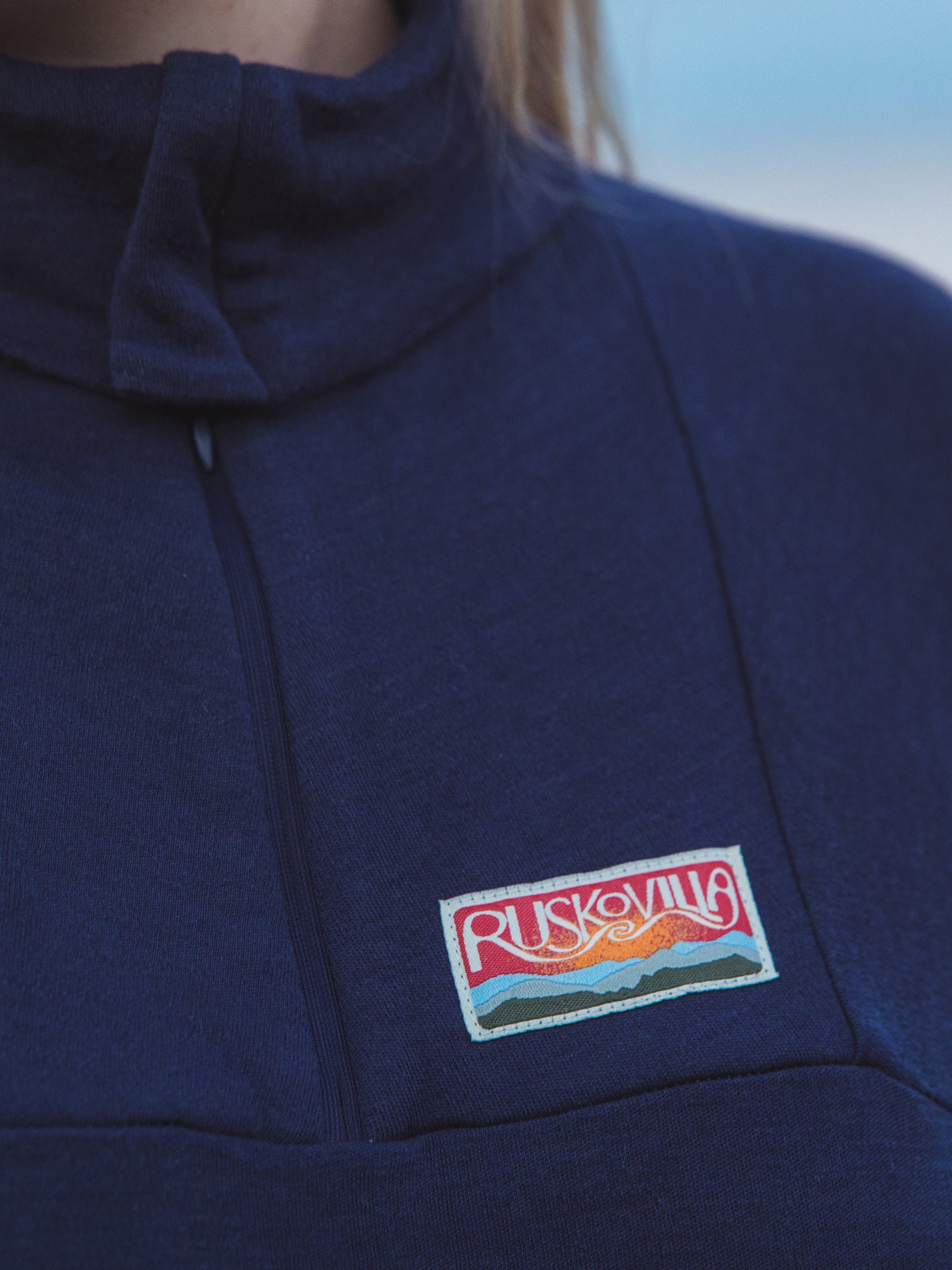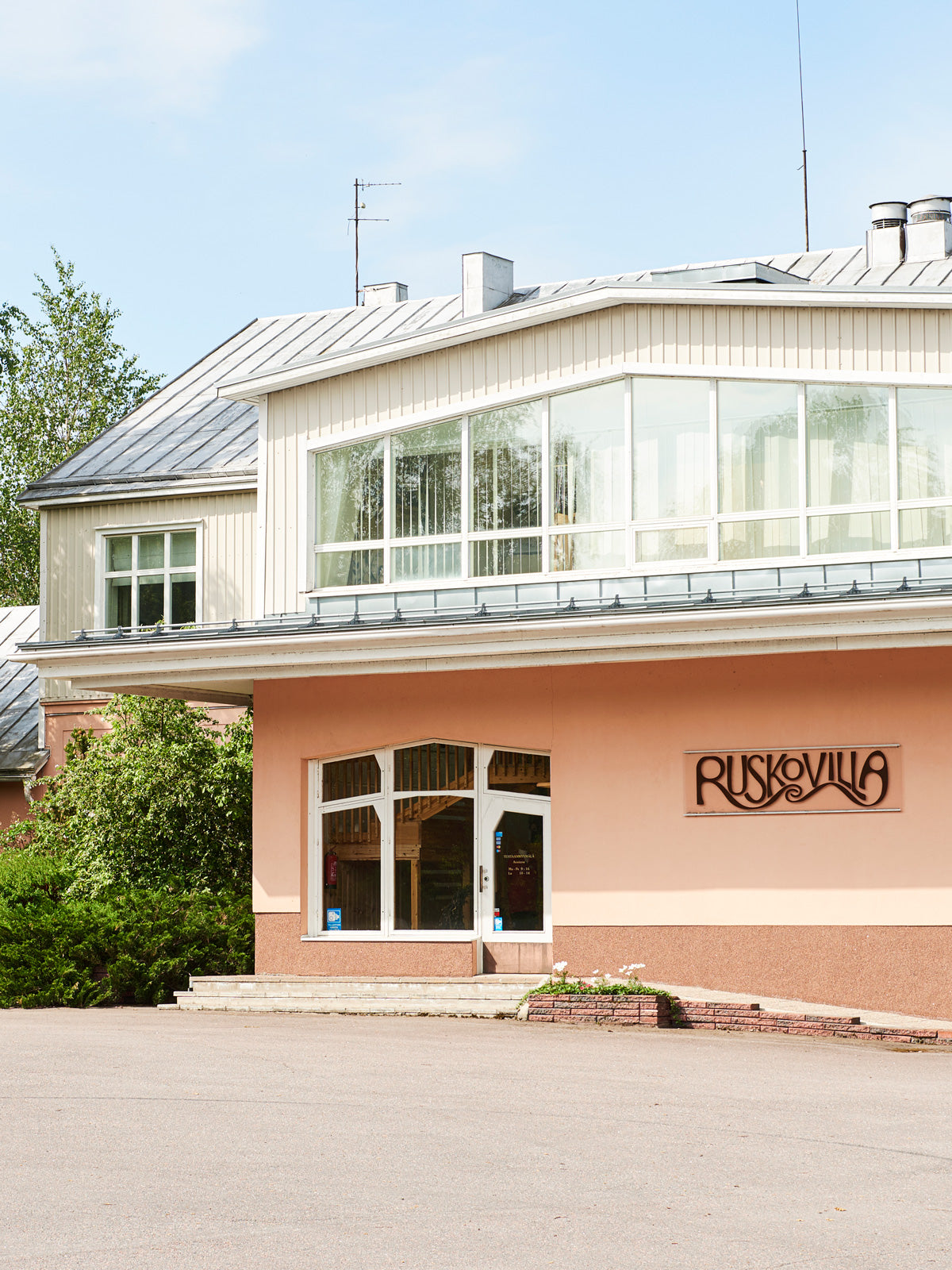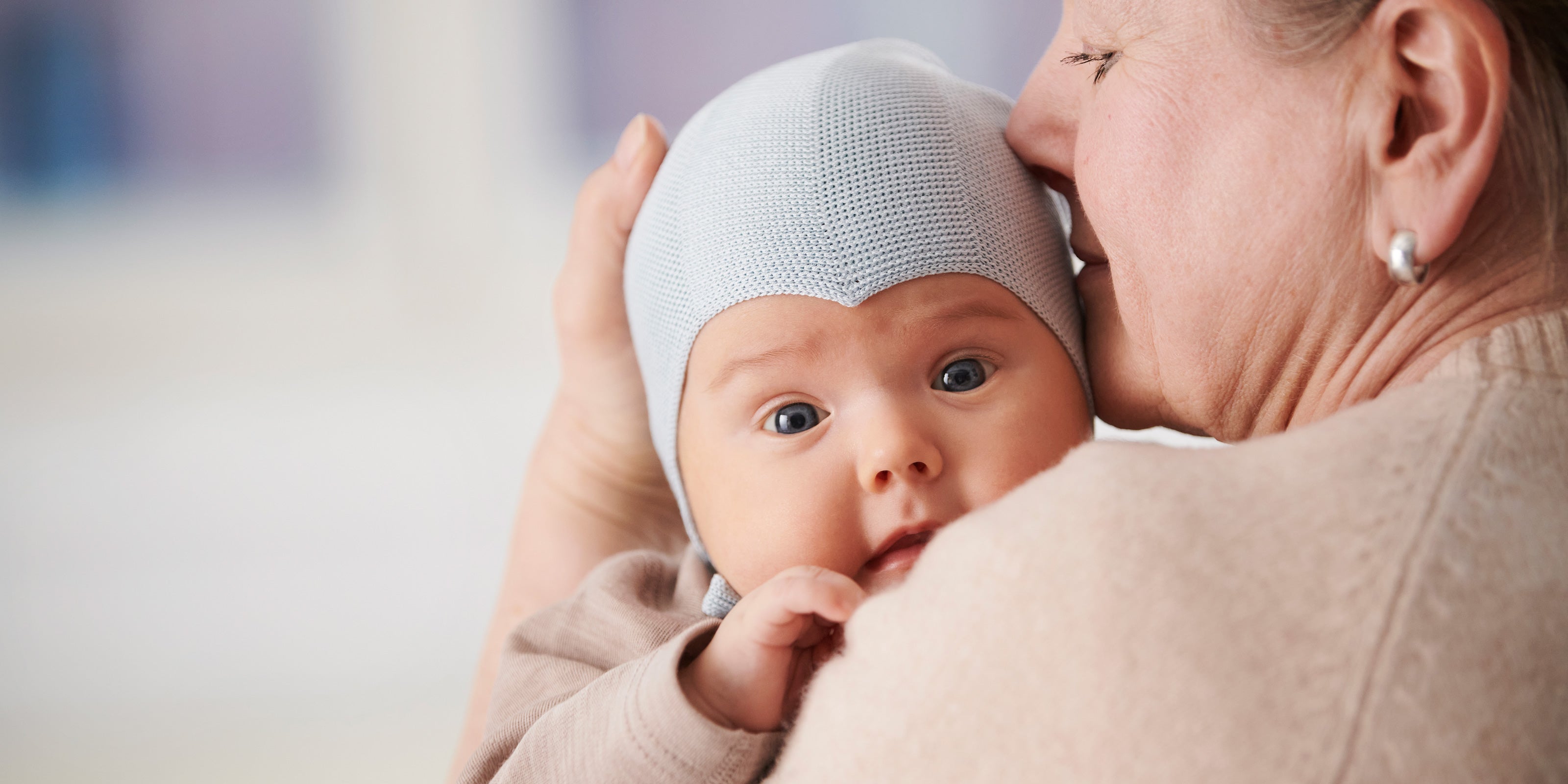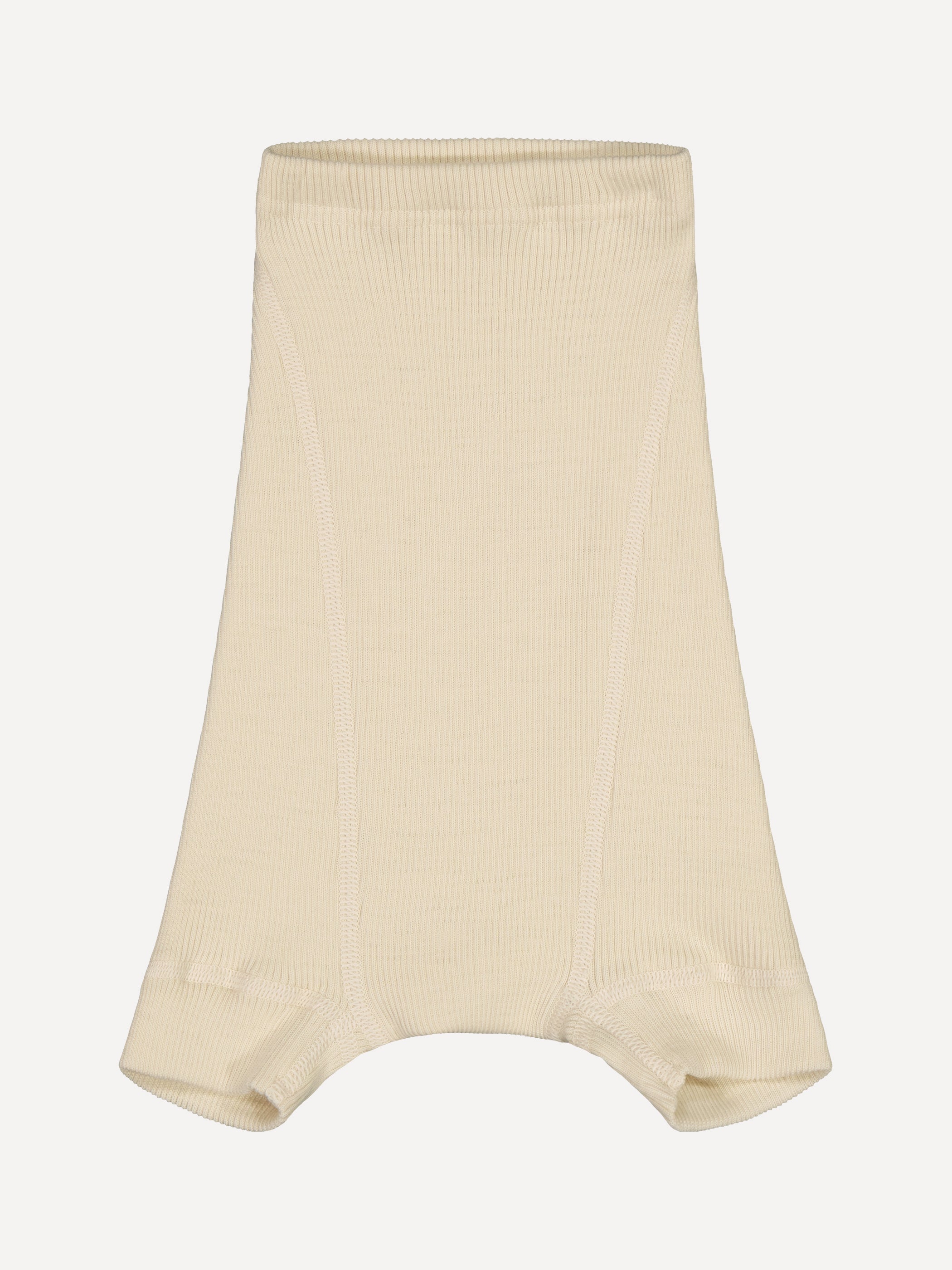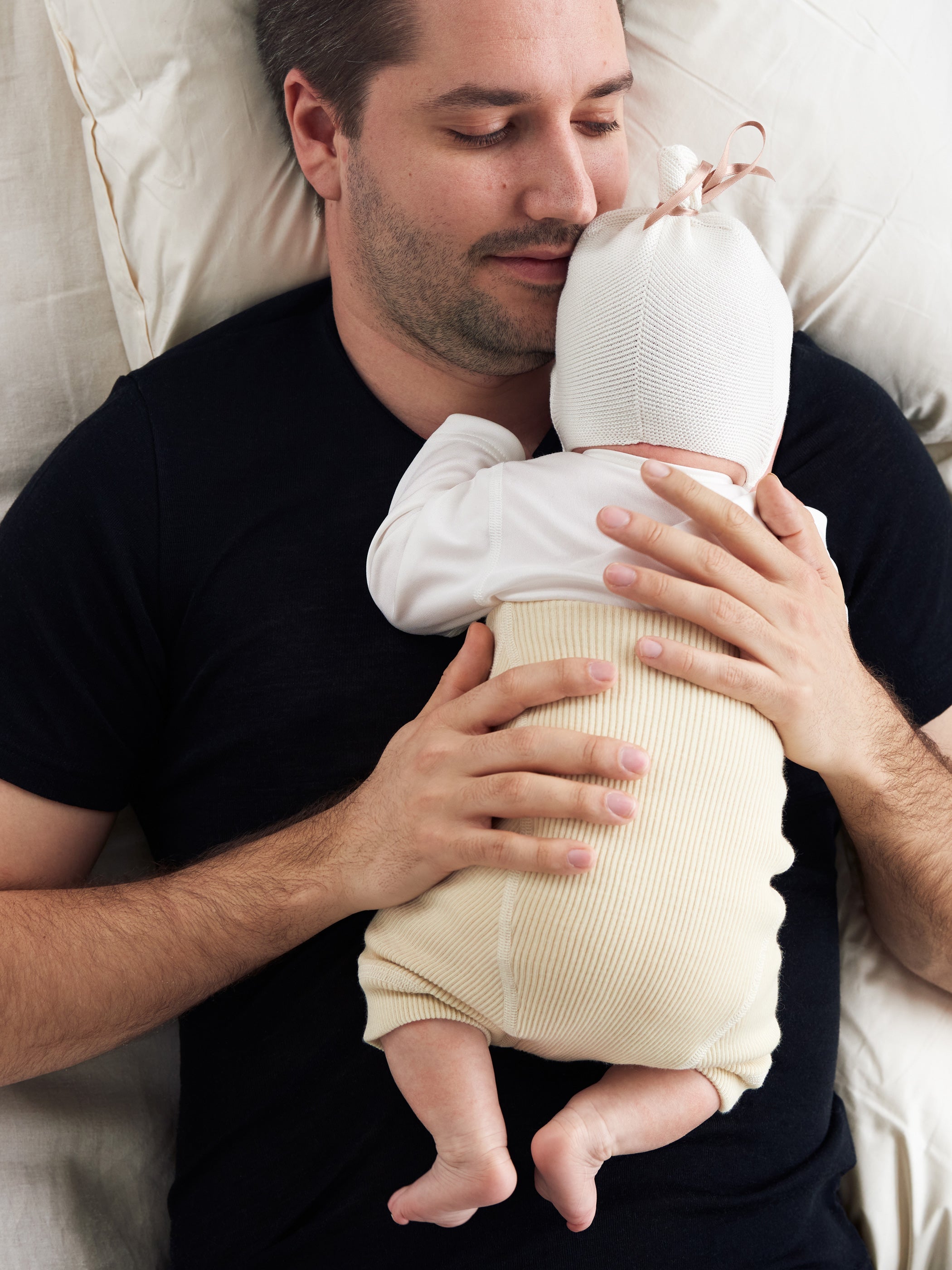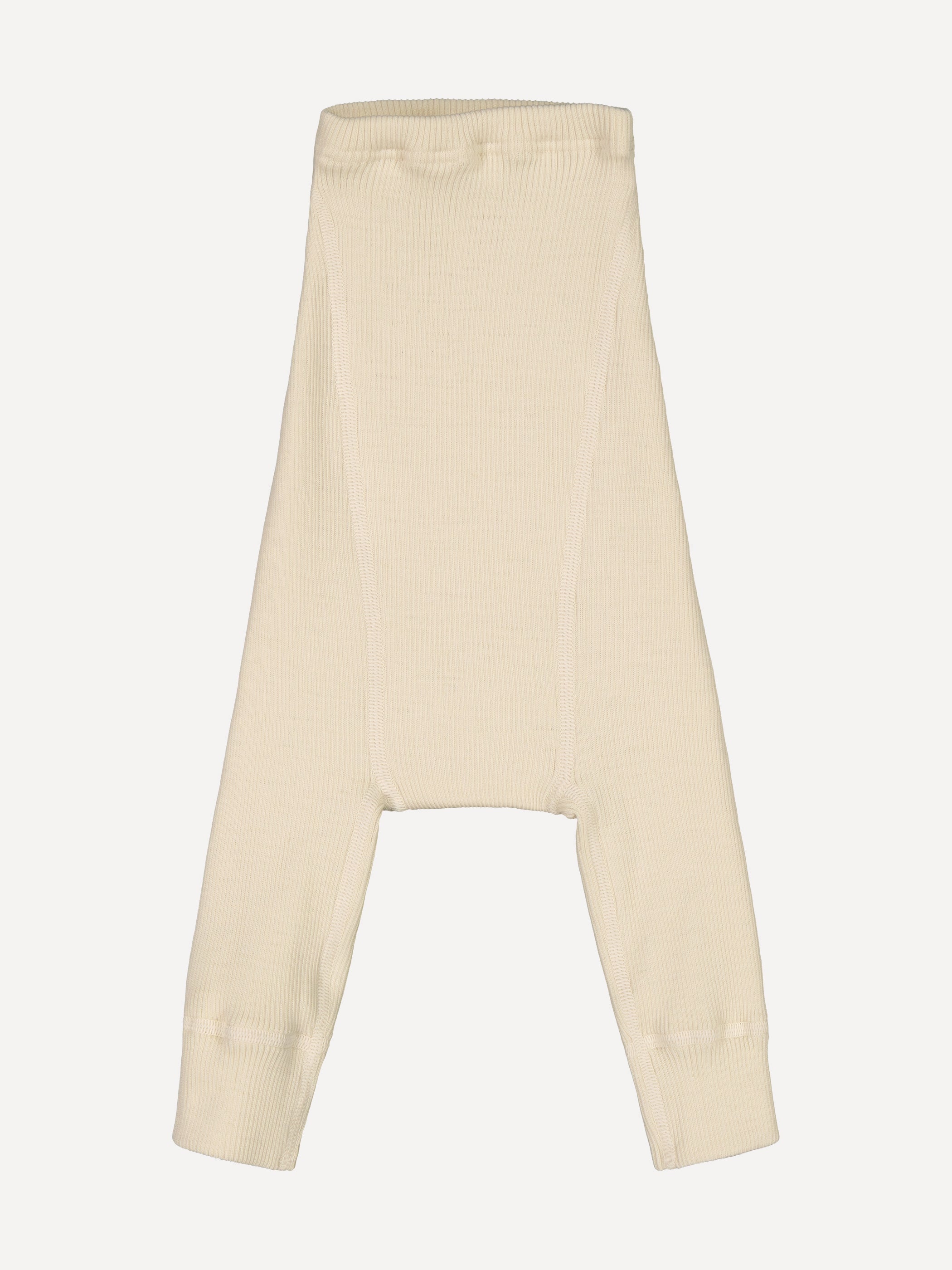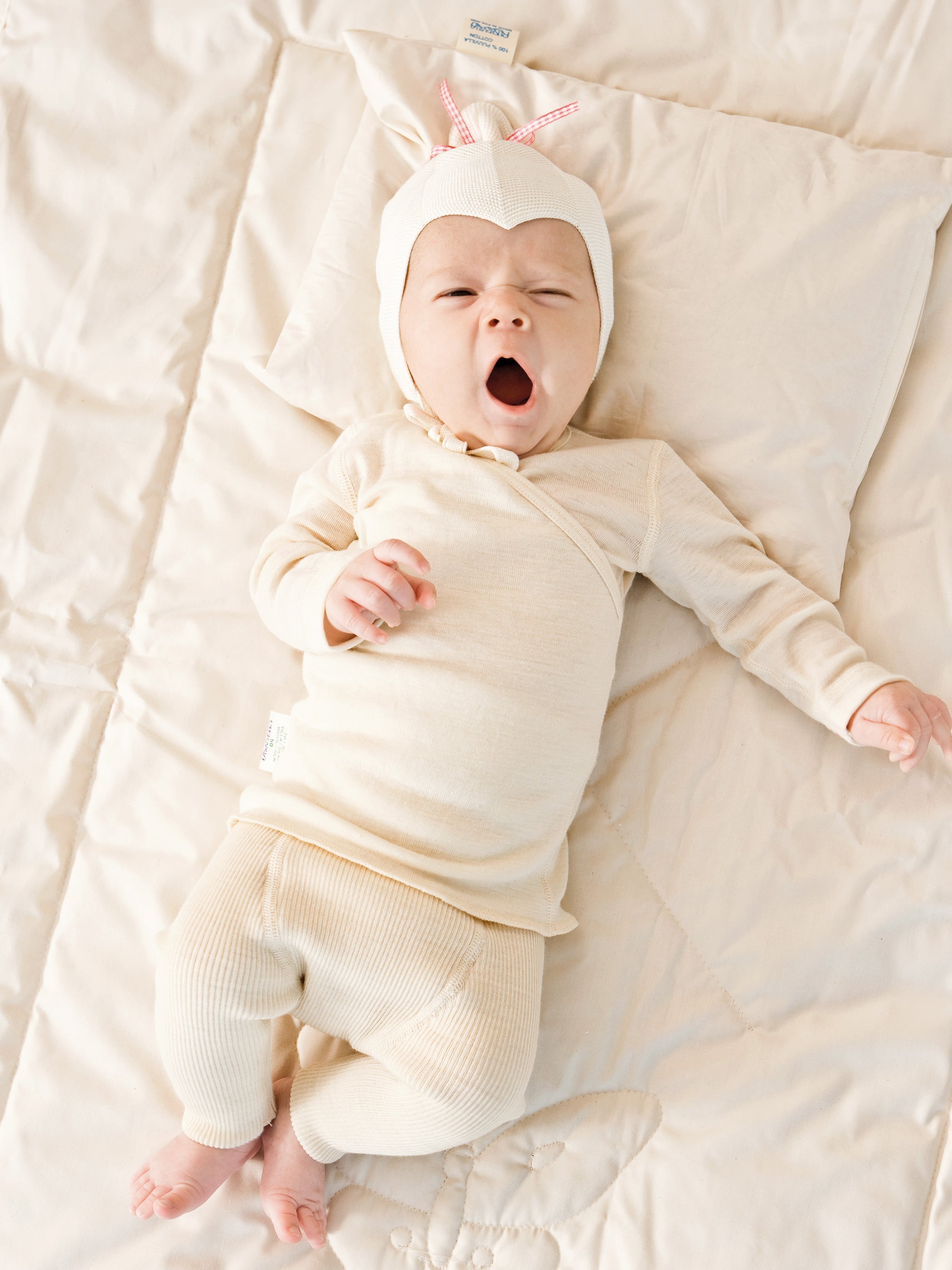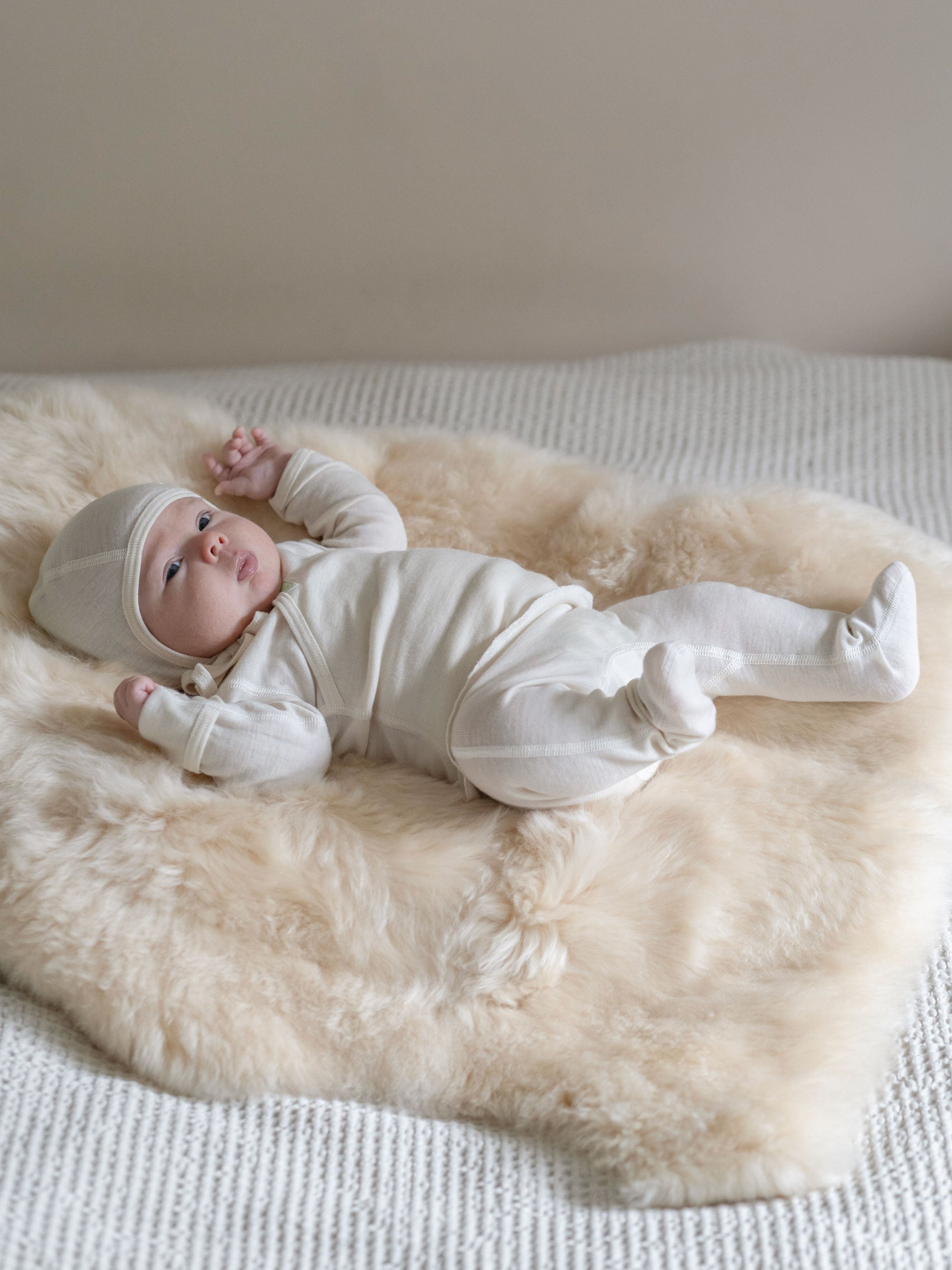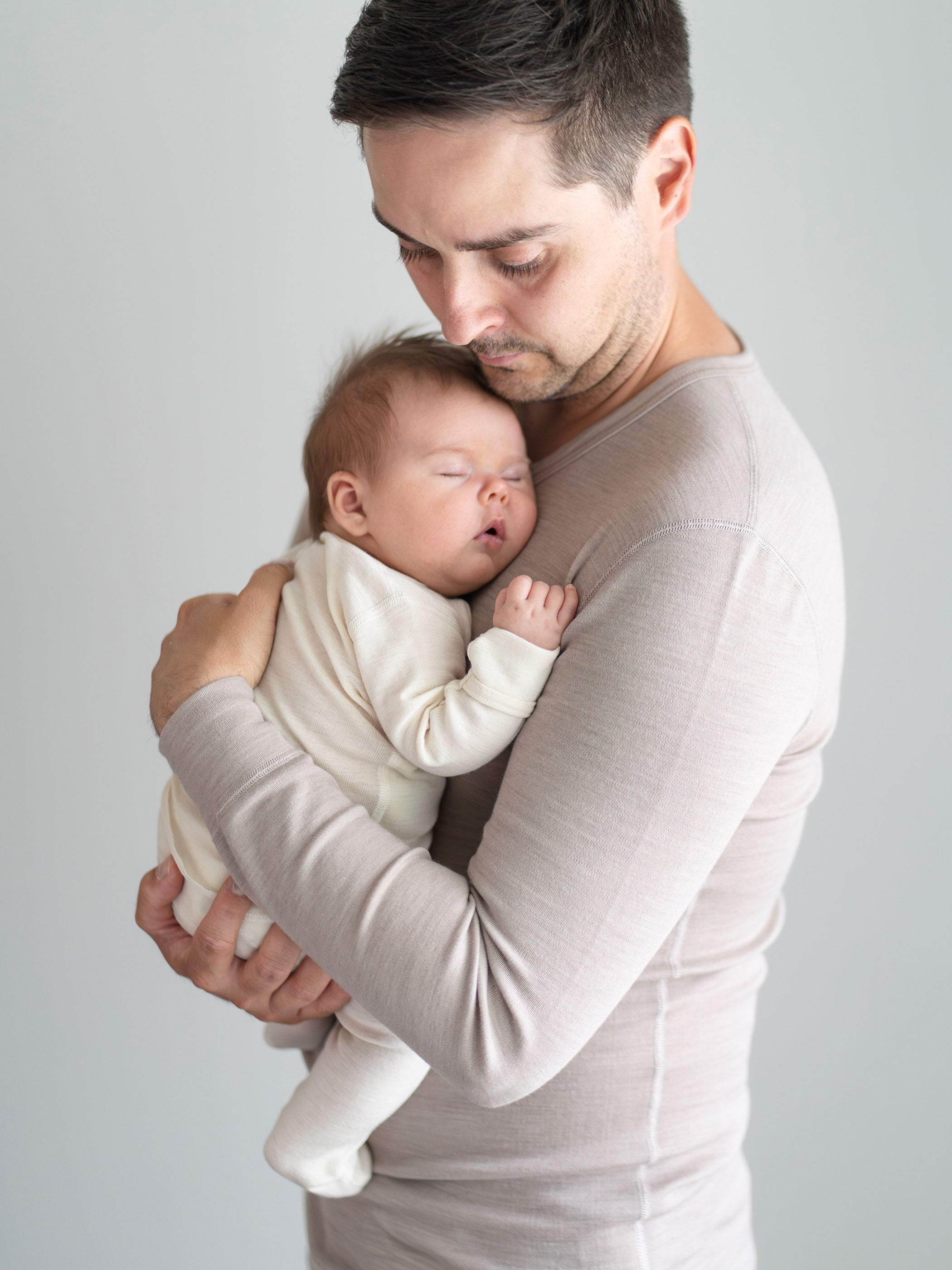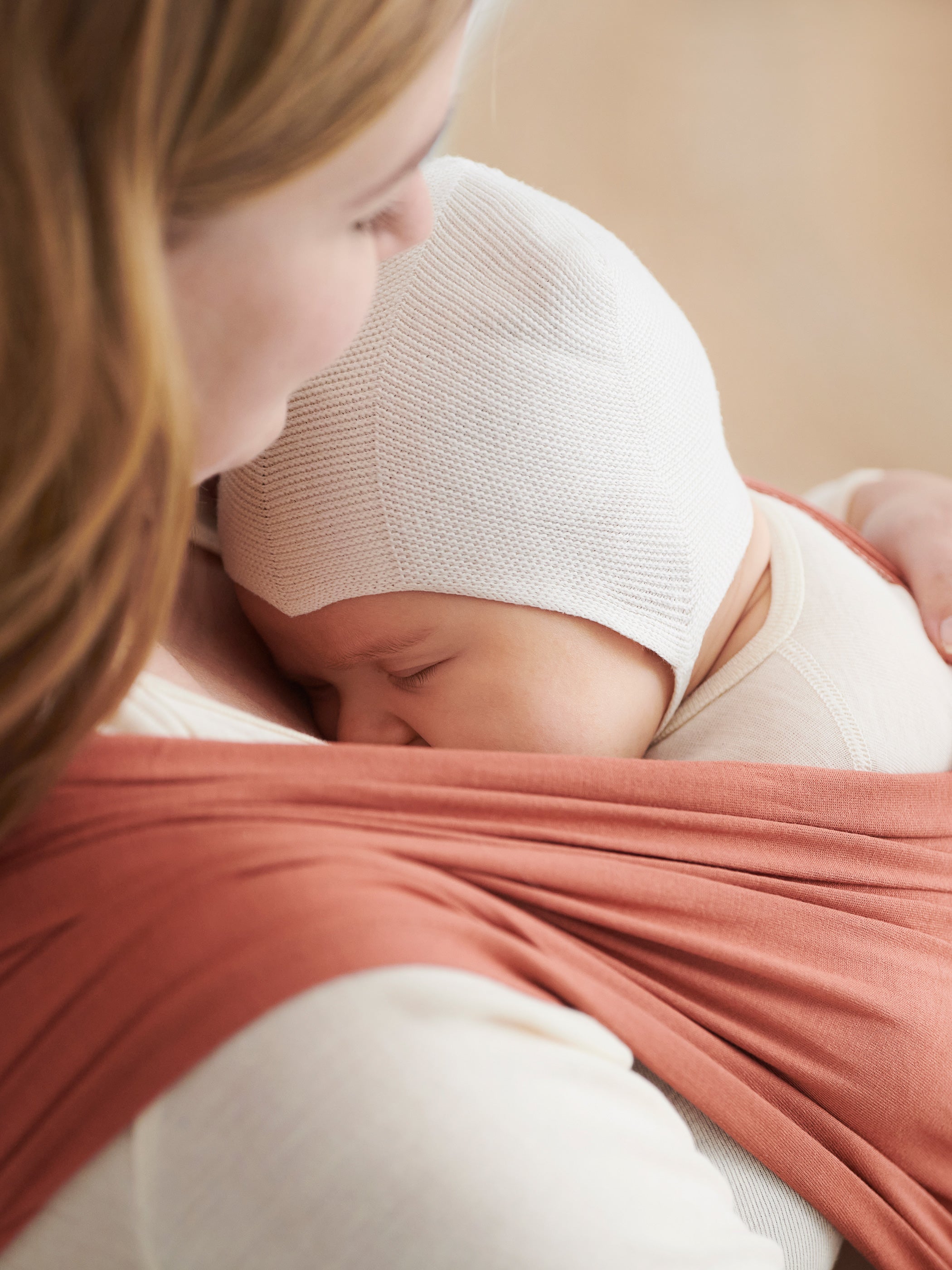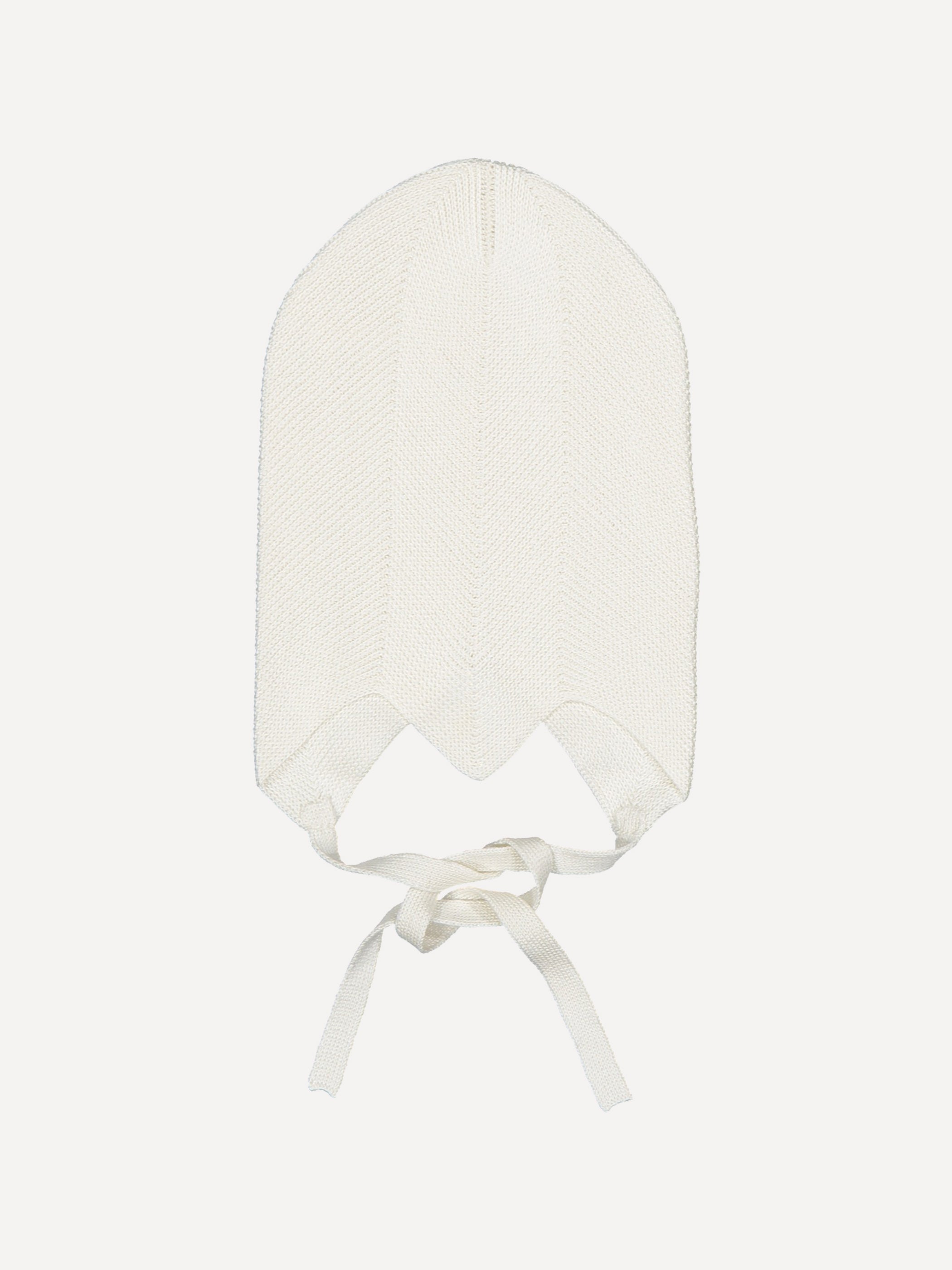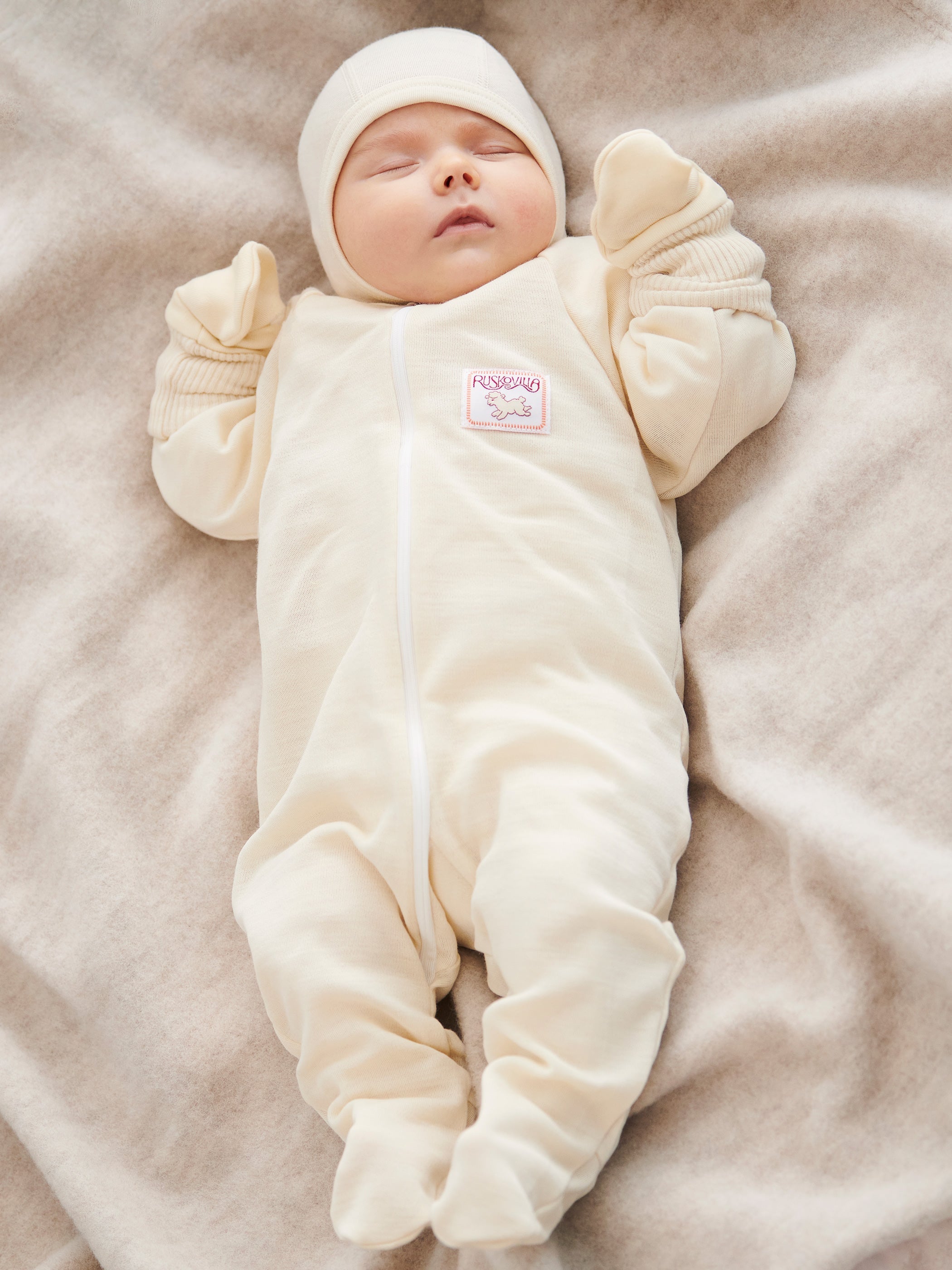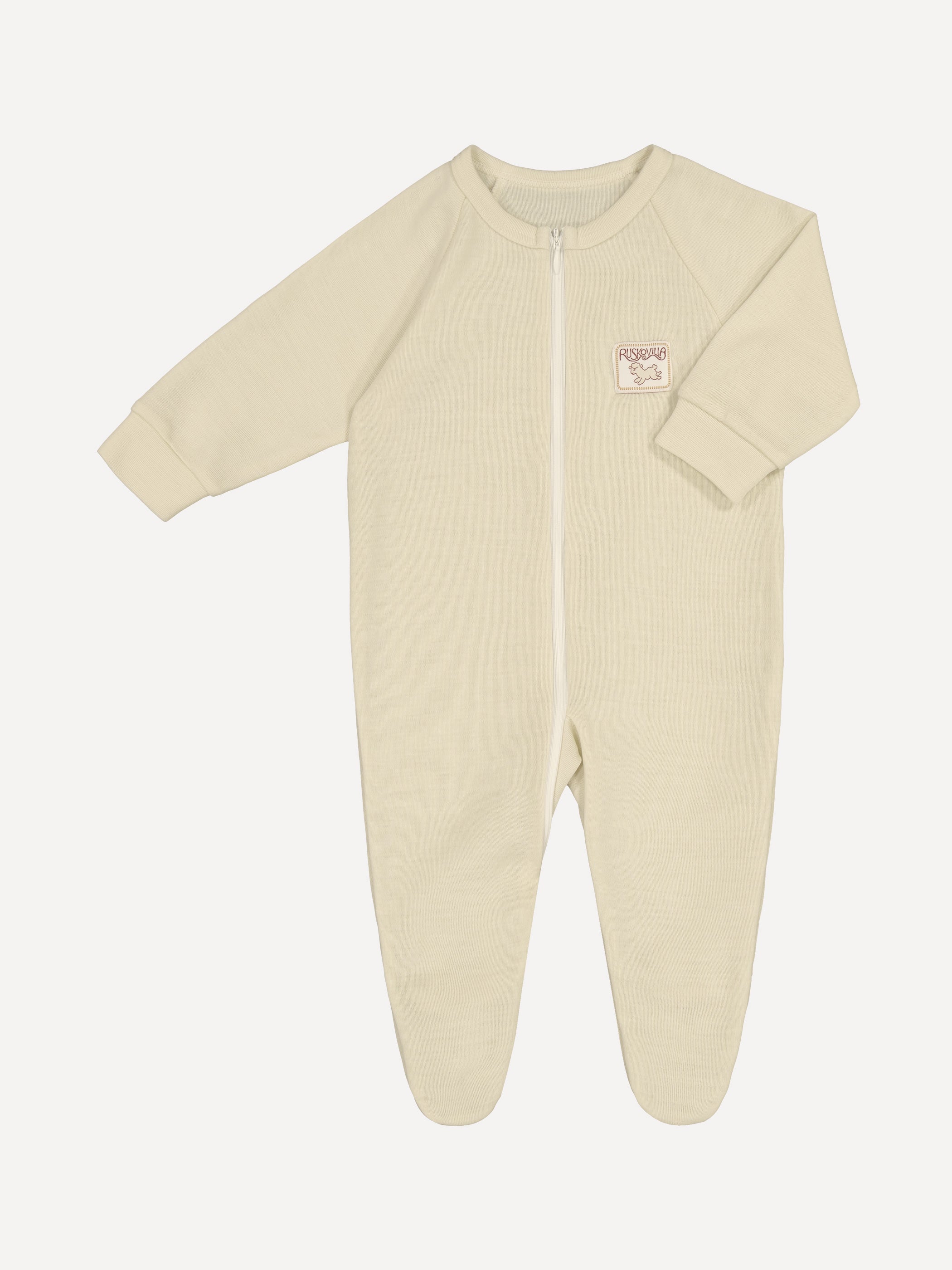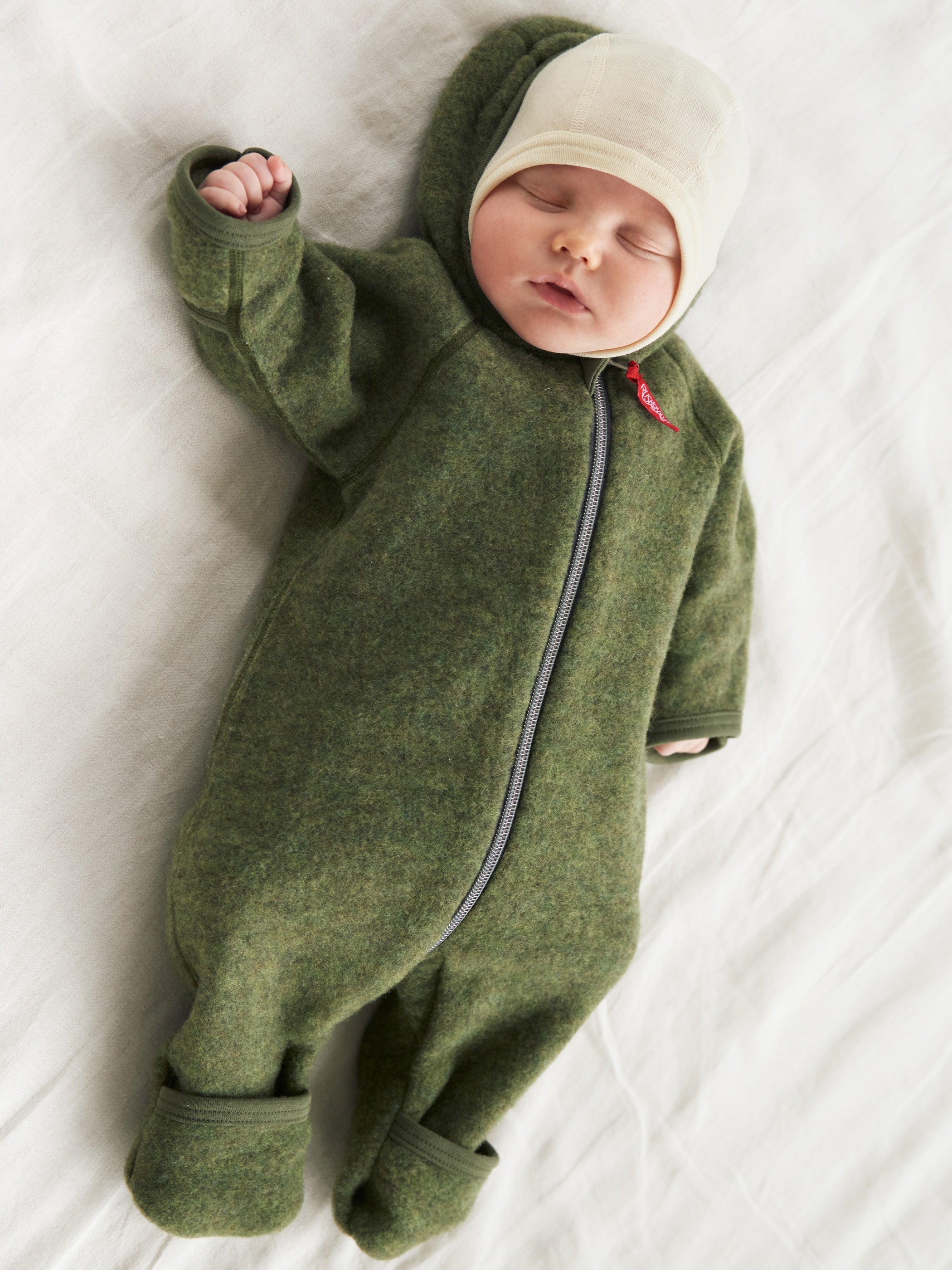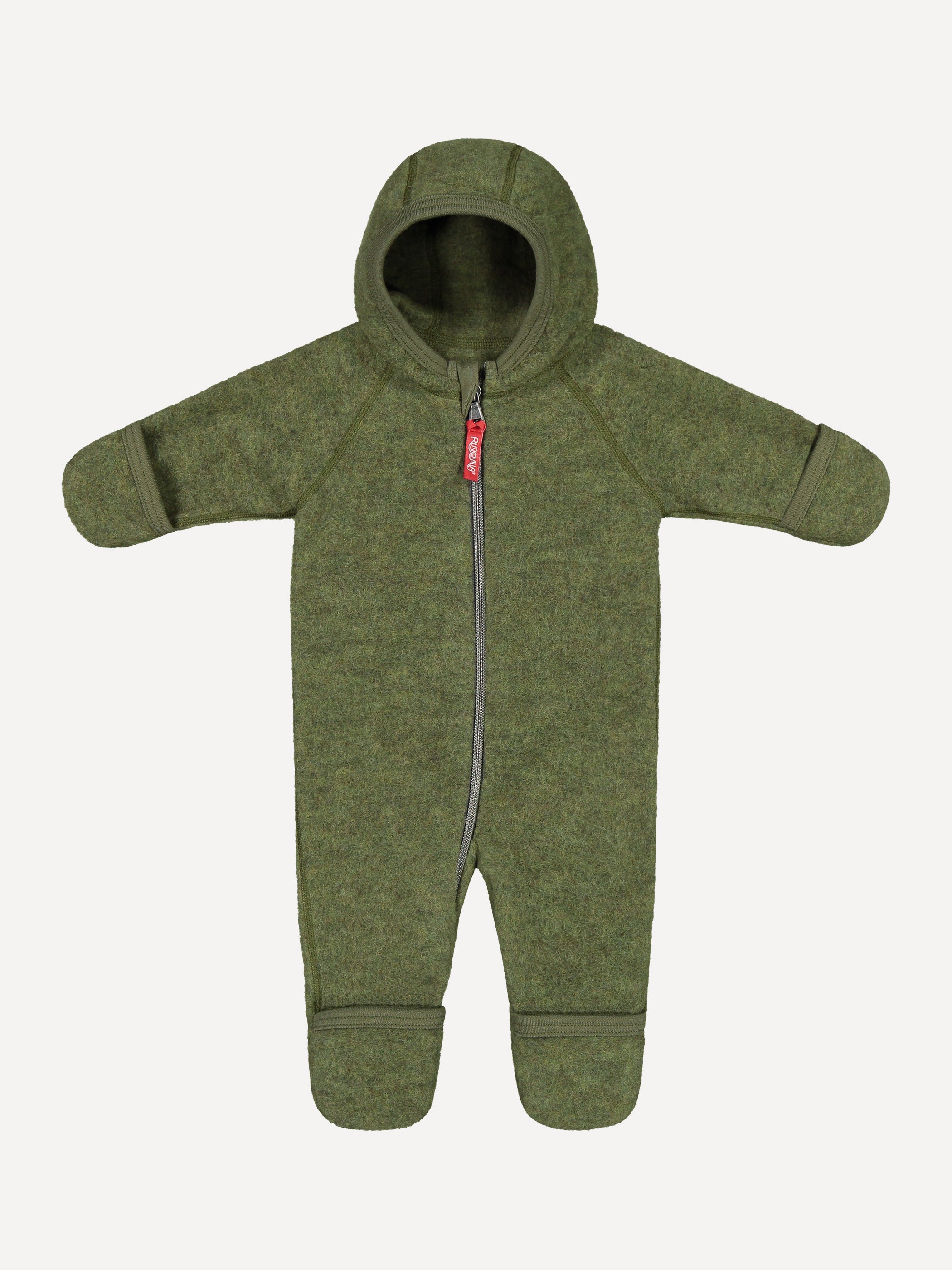In the beginning, there were just a couple, a van, and a desire to make the world a better place using natural fibers. From these beginnings, in 1981, a family business emerged, later becoming the first in Finland to introduce clothing made from organic fibers to the market. Today, there is demand for their products as far as Japan, Australia, and North America.
It all started with woollen nappy pants
- My husband Mauno Mattsson and I were working in an electronics company in Helsinki, but our blood was drawn to the peace and quiet of the countryside. In the late 1970s, we were first introduced to Artjärvi and organic farming, and soon discovered that we were running an organic berry farm here. My own children were already grown up, but I had heard a lot of complaints about how difficult it was to find proper wool nappies and baby clothes in Finland, and that’s where the idea came from,” explains the founder of Ruskovilla, and now the “company granny”, Anneli Wahlsten.
With no previous experience in the garment industry, the couple headed to Sweden for an apprenticeship. They returned with a van full of second-hand machines and a head full of ideas. The original logo, which is still in use today with some modernisation, was drawn by Mauno in the autumn of 1981 on the shop window of the first store.
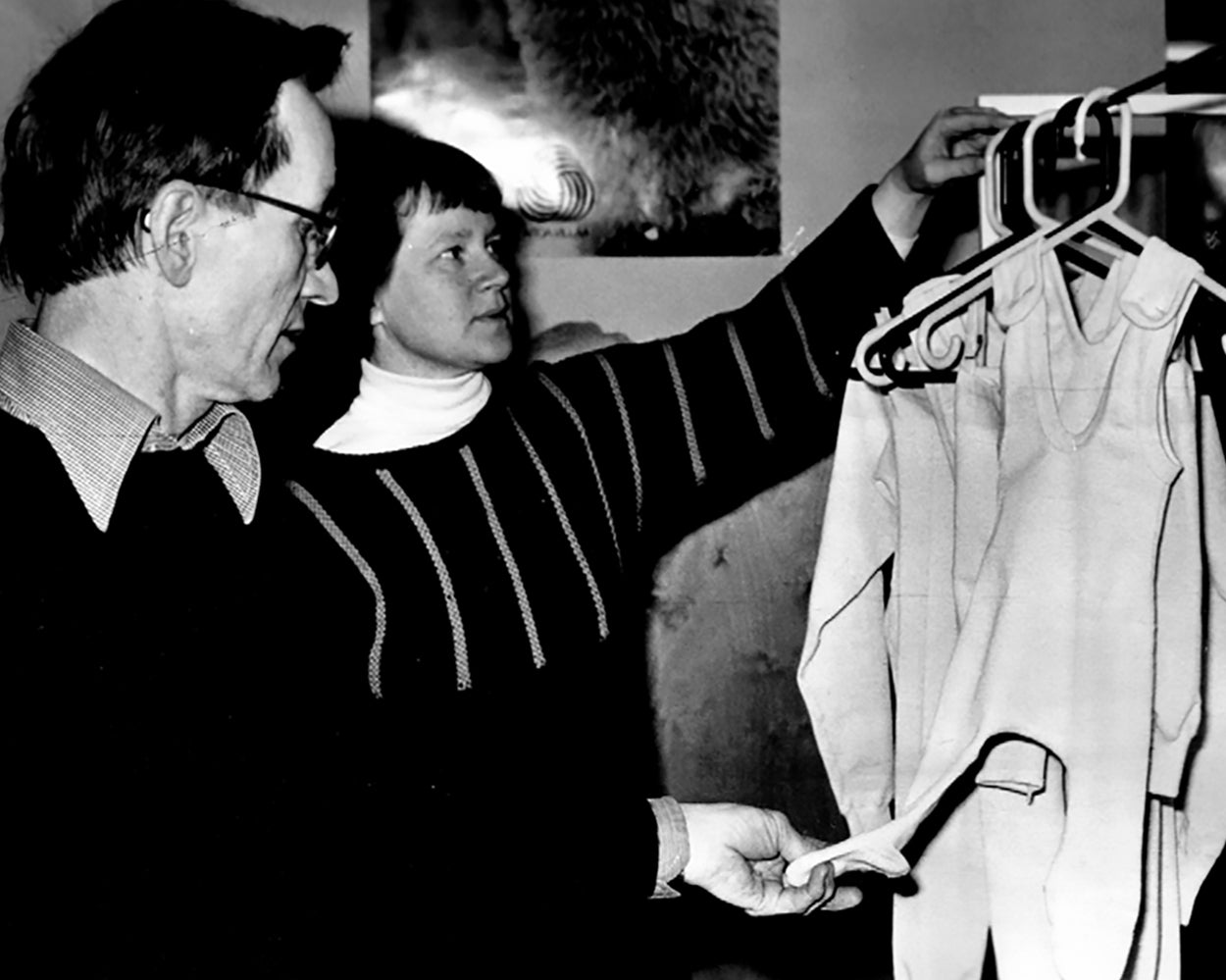
Anneli Wahlsten and Mauno Mattsson at the opening of the first Ruskovilla shop in autumn 1981.
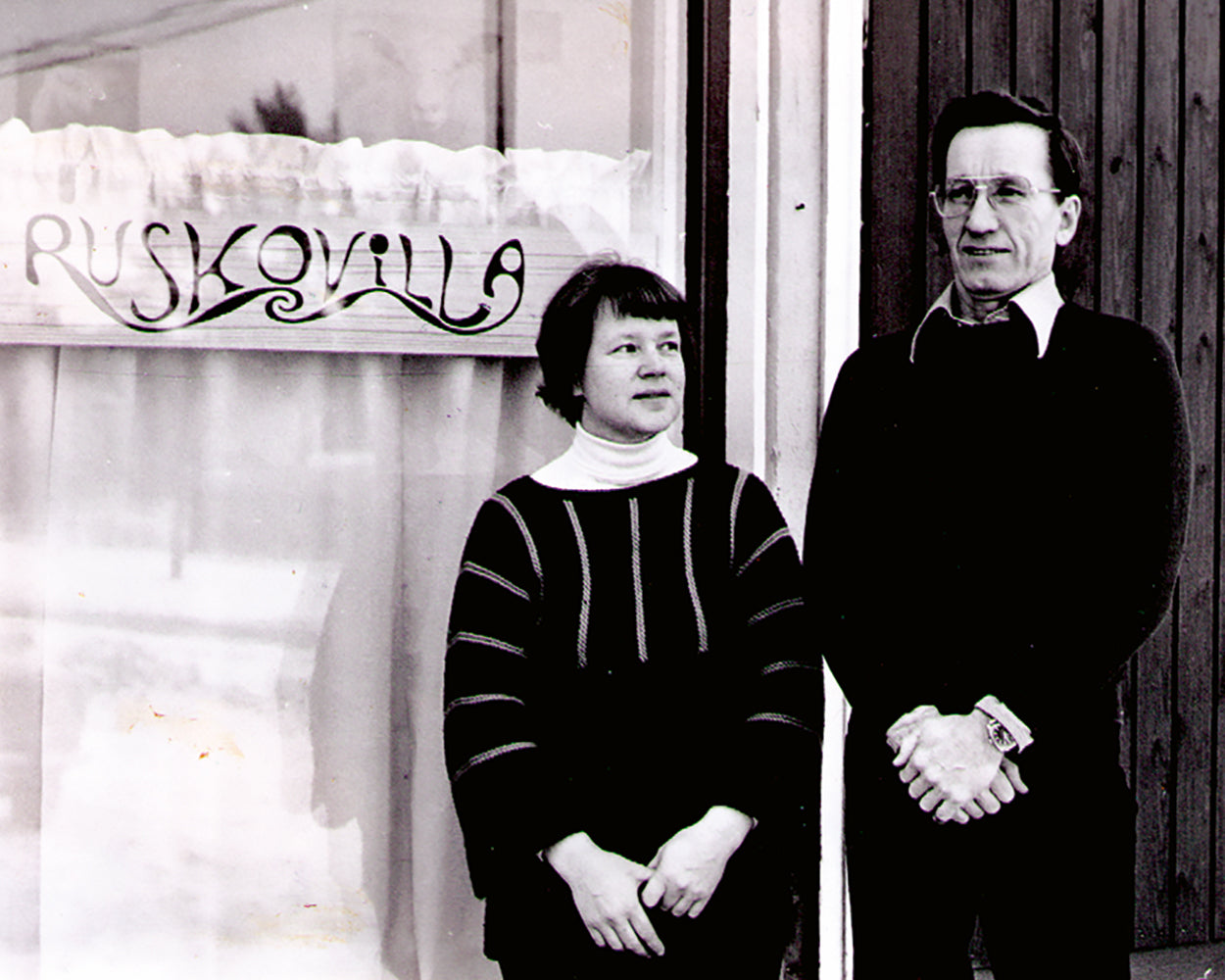
The original logo was drawn by Mauno Mattsson. It is still in use today with a slight modernisation.
Anneli and Mauno's courage and passion went a long way
Our first products were woollen baby clothes, such as nappy pants, rompers and shirts, which, in updated versions, can still be found in the Ruskovilla range. Also, the sweet silk bonnet has been in our range from the very beginning, and over the years it has become a true baby classic.
Due to popular demand, the range was soon expanded to include clothing for adults and children and our first seamstress was hired. Other natural fibers, such as silk, silk wool and organic cotton were added to the range at the request of customers.
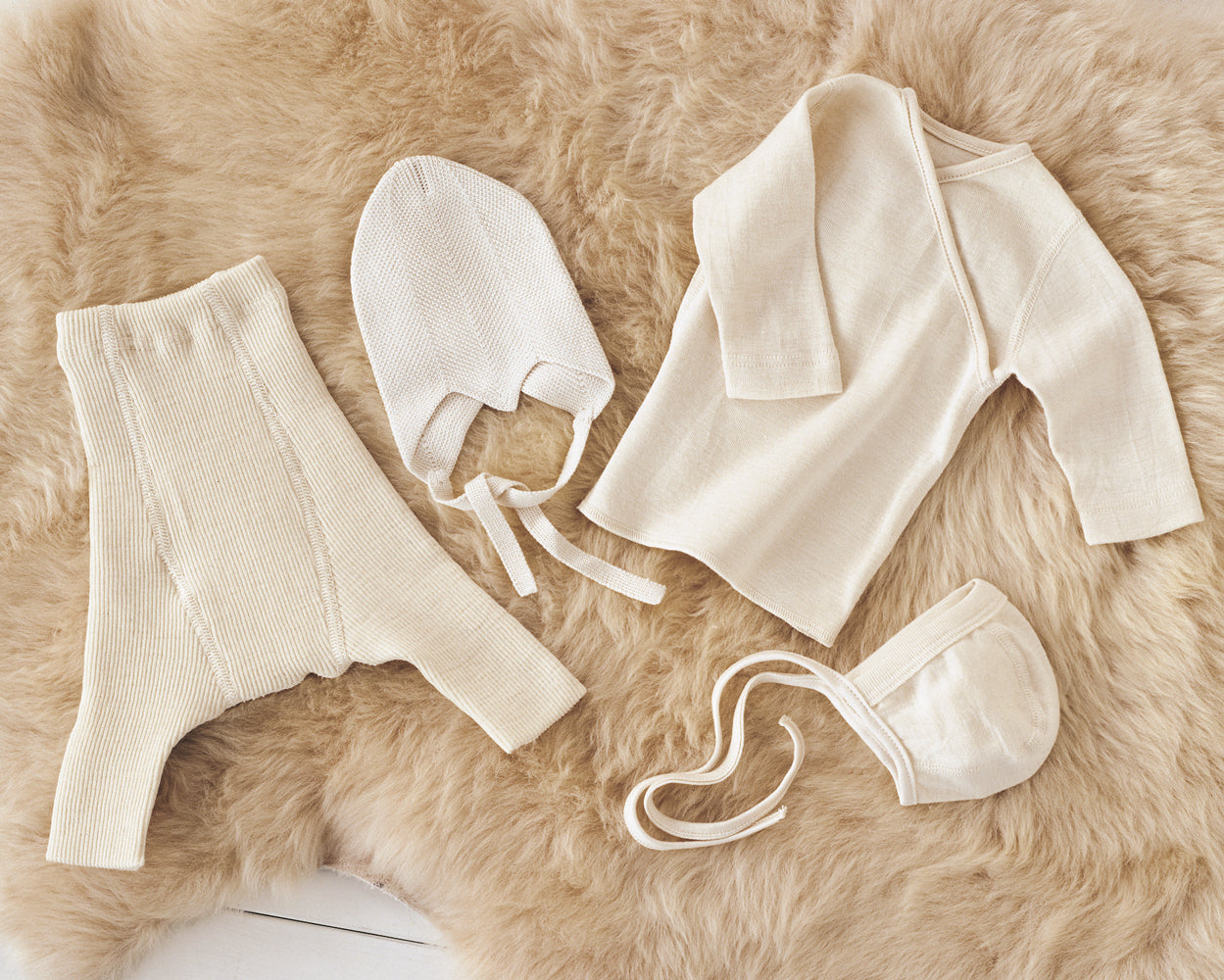
The first products included merino wool nappy pants, a baby shirt and bonnets made of silk and silk wool. These products are still in the collection in slightly updated versions.
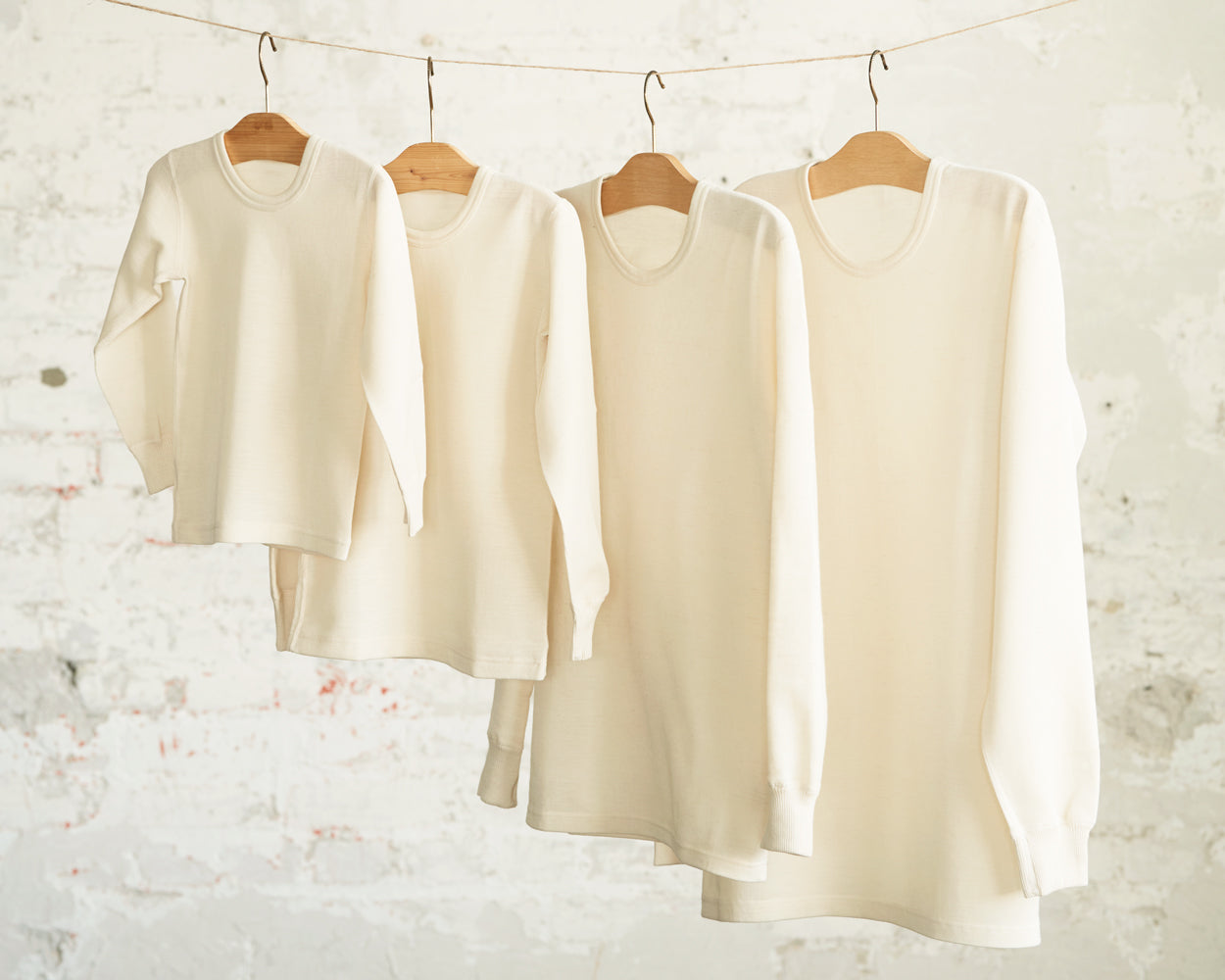
The range was soon extended to include products for children and adults, which were made only from undyed knits. Coloured woollen garments were introduced in 1996.
A family business is a matter of the heart
The growing company had many different addresses until 1991, when it found a permanent home from the old dairy building in Artjärvi, which has been expanded as the business has grown. Soon the first foreign customers discovered Ruskovilla. Today, Ruskovilla's products are sold in Australia, Japan, China, South Africa and as far afield as North America.
-In the early 1990s, my son-in-law Ossi Näkki came just to help out when we got busy. He ended up staying, and took over as managing director in 1999. In the same year, we launched our first online store alongside mail ordering and retail. Meanwhile, my daughter Leena Näkki is responsible for products, so this really is a family-run company, explains Anneli.
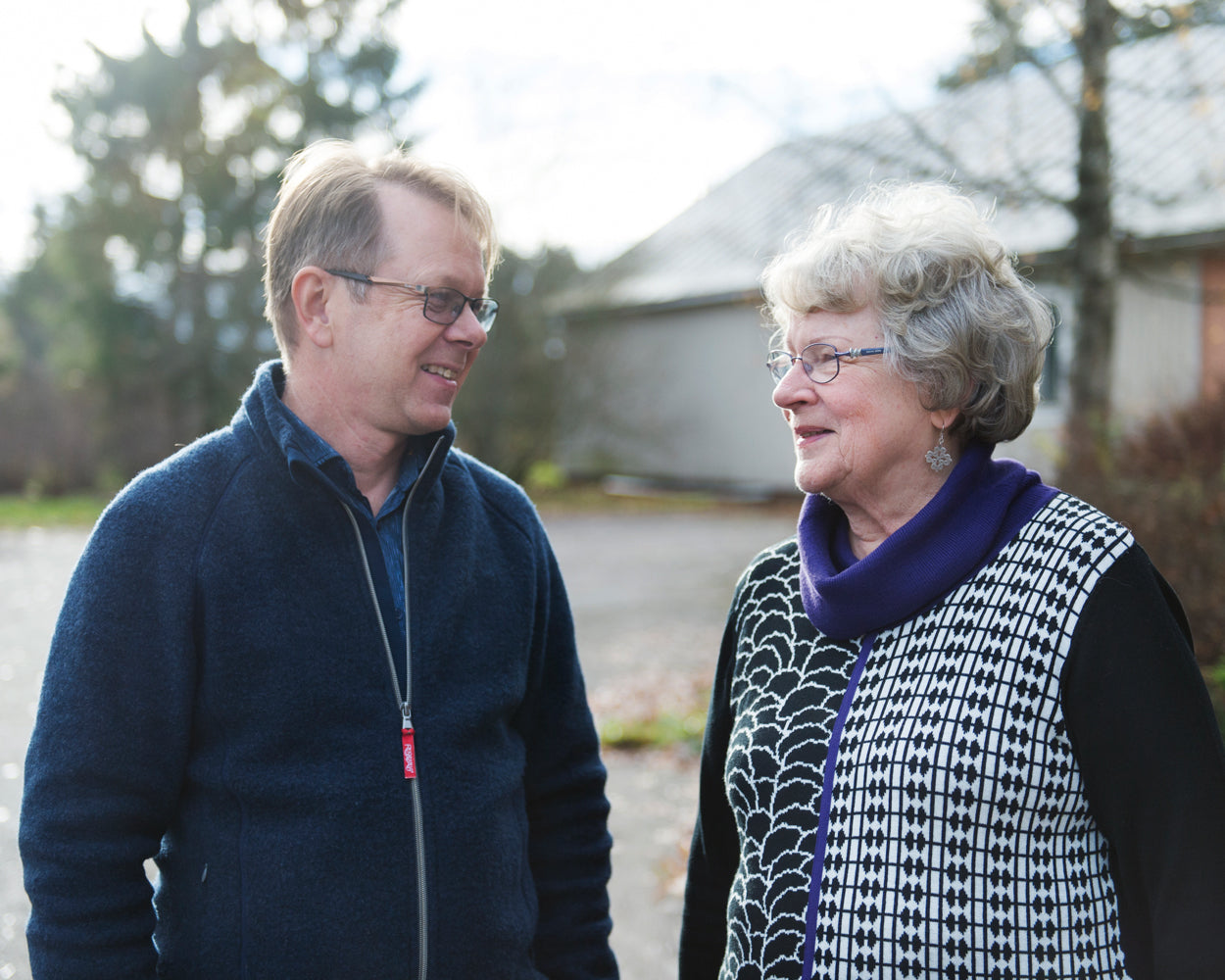
Ruskovilla's CEO Ossi Näkki and one of Ruskovilla's founders Anneli Wahsten (photo: Sanoma Media)
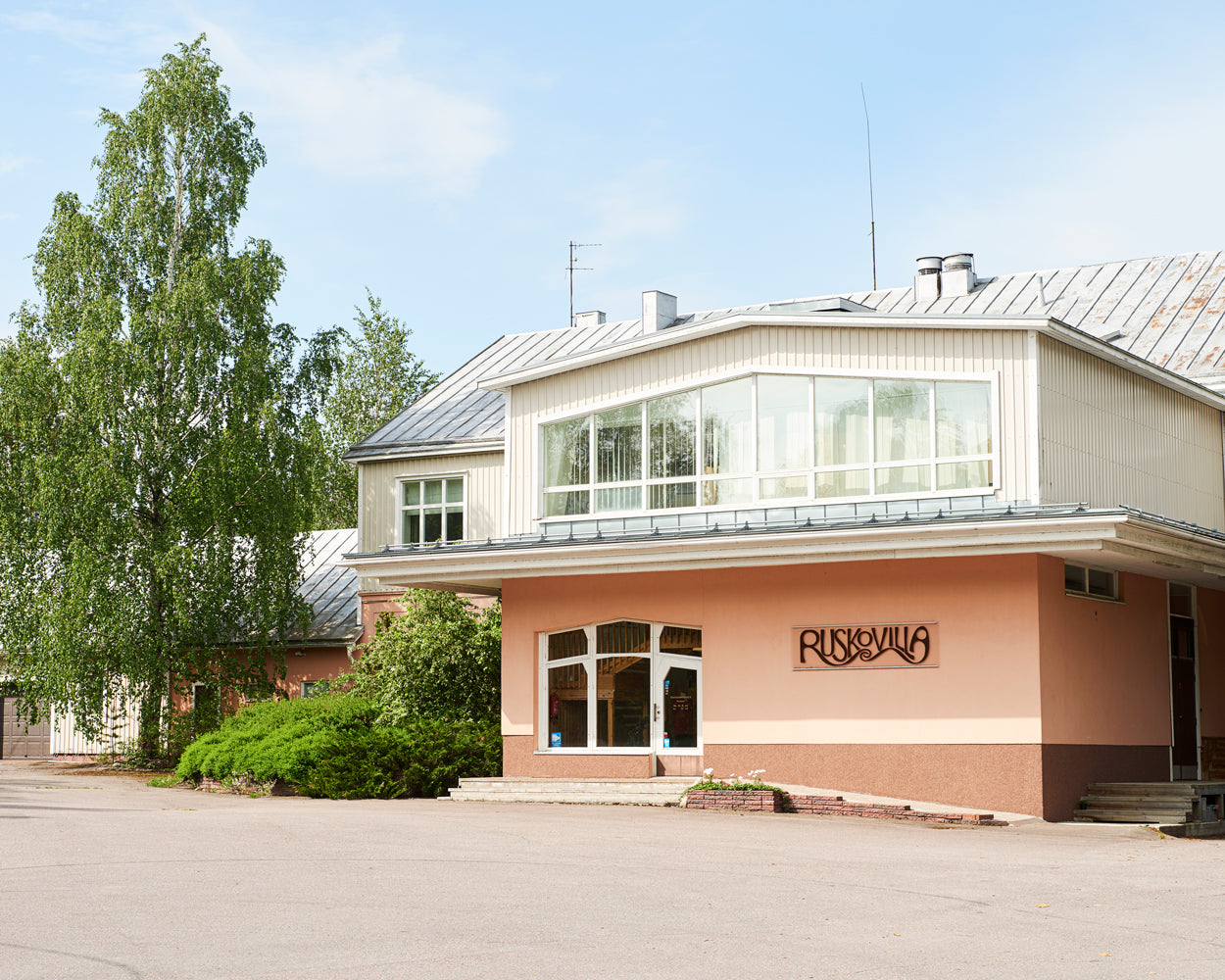
In 1991, Ruskovilla found a permanent home in an old dairy building in Artjärvi, Finland
An advocate of Finnish work
- I grew up on a farm, so for me, important values in managing Ruskovilla are living in balance with nature, Finnish work and doing things right the first time. Plus, above all, using valuable materials as precisely as possible in production. Nowadays we are delighted to have customers whose families have used Ruskovilla for several generations. Our aim is for customers to find the same familiar and high-quality product in our range years later, but we have also introduced new materials and designs to the selection. I suppose that’s t why our success story has lasted over 40 years, says Ossi Näkki.
– Our products are designed and manufactured in Finland. We employ over 20 people in our own sewing factory in Artjärvi, and are constantly looking for new skilled sewers. In this way, we also want to contribute to the textile industry in Finland, Ossi continues.
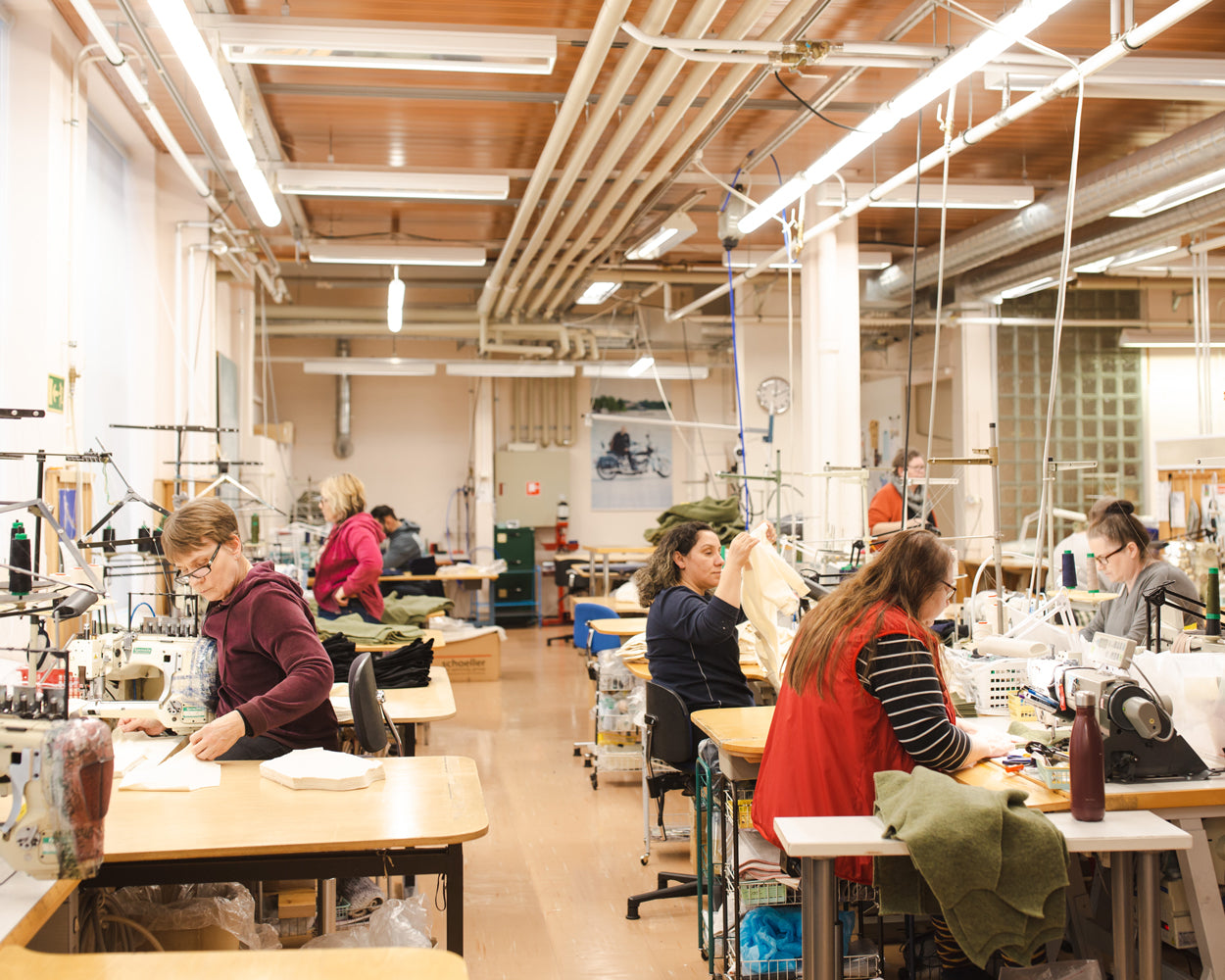
This is the heart of Ruskovilla. Over twenty sewers work in our sewing factory.
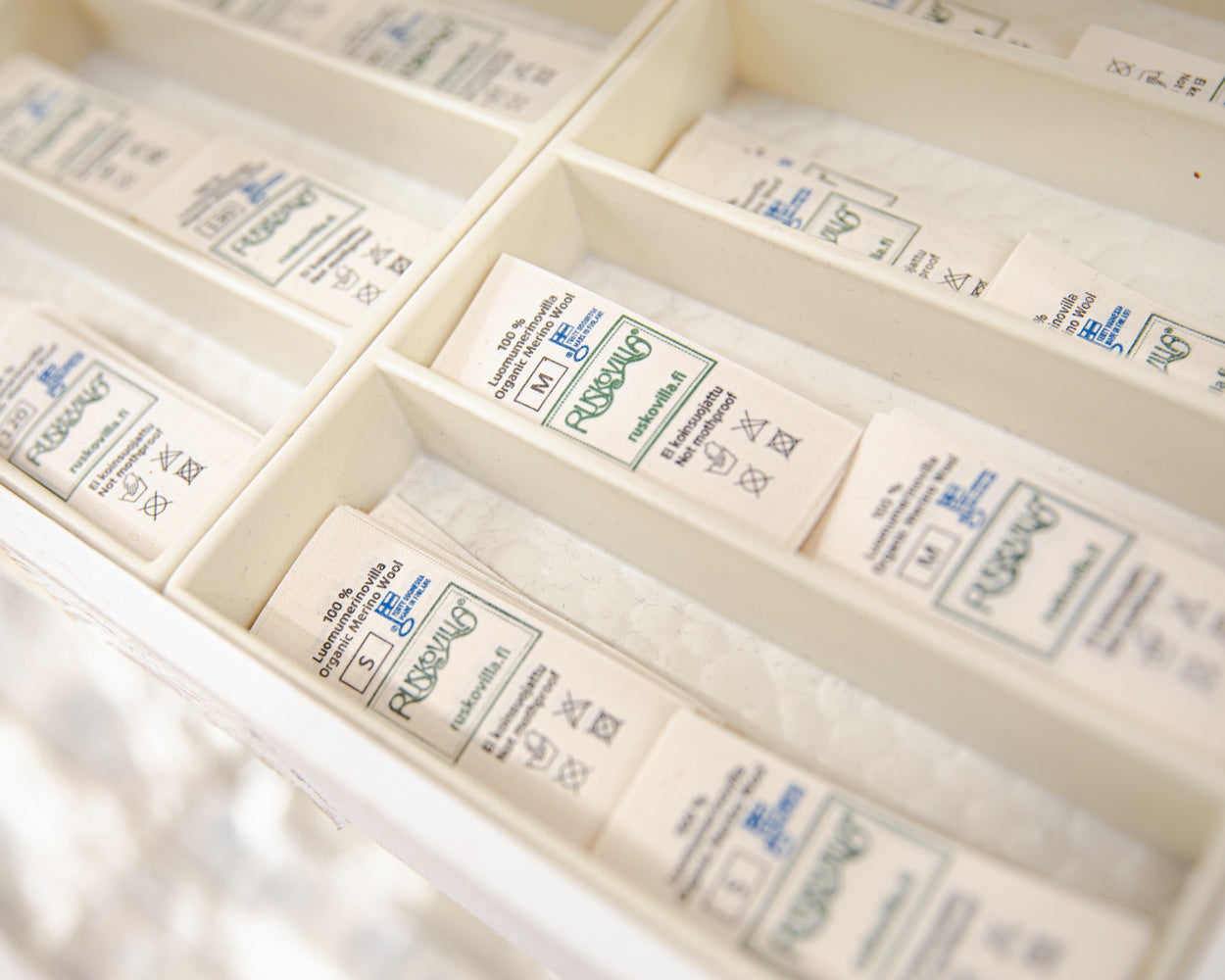
Our products are made from certified organic raw materials. The Key Flag symbol guarantees Finnish production.
Even a small business can change the world
Over the years Ruskovilla has been a true pioneer in the Finnish clothing industry: we have been the first in Finland and often in the Nordic countries to introduce clothing made from organic cotton, merino wool, wool fleece, silk and silk wool. In 2018, we were the first in the Nordic countries to launch organic silk, and a year later we transitioned to using only organic quality for all our raw materials.
You could say that Ruskovilla is a rather atypical player in the textile industry, as growth has not been an end in itself. Instead, we have always aimed to produce the highest quality, sustainably produced, and natural underwear, because what we wear next to our skin matters. To ensure domestic craftsmanship and high quality, we do not sell our products at the discounts typical of fast fashion, and through this, we also encourage people to buy only what they need.
We offer practical, timeless, and already classic garments for everyday use. Our clothes are part of babies' first moments and provide warmth to the elderly. In between, they are used for conquering mountains, hiking in arctic conditions, and sleeping under the starry sky. This permanence is what we strive to cherish. For all of this, we are grateful.
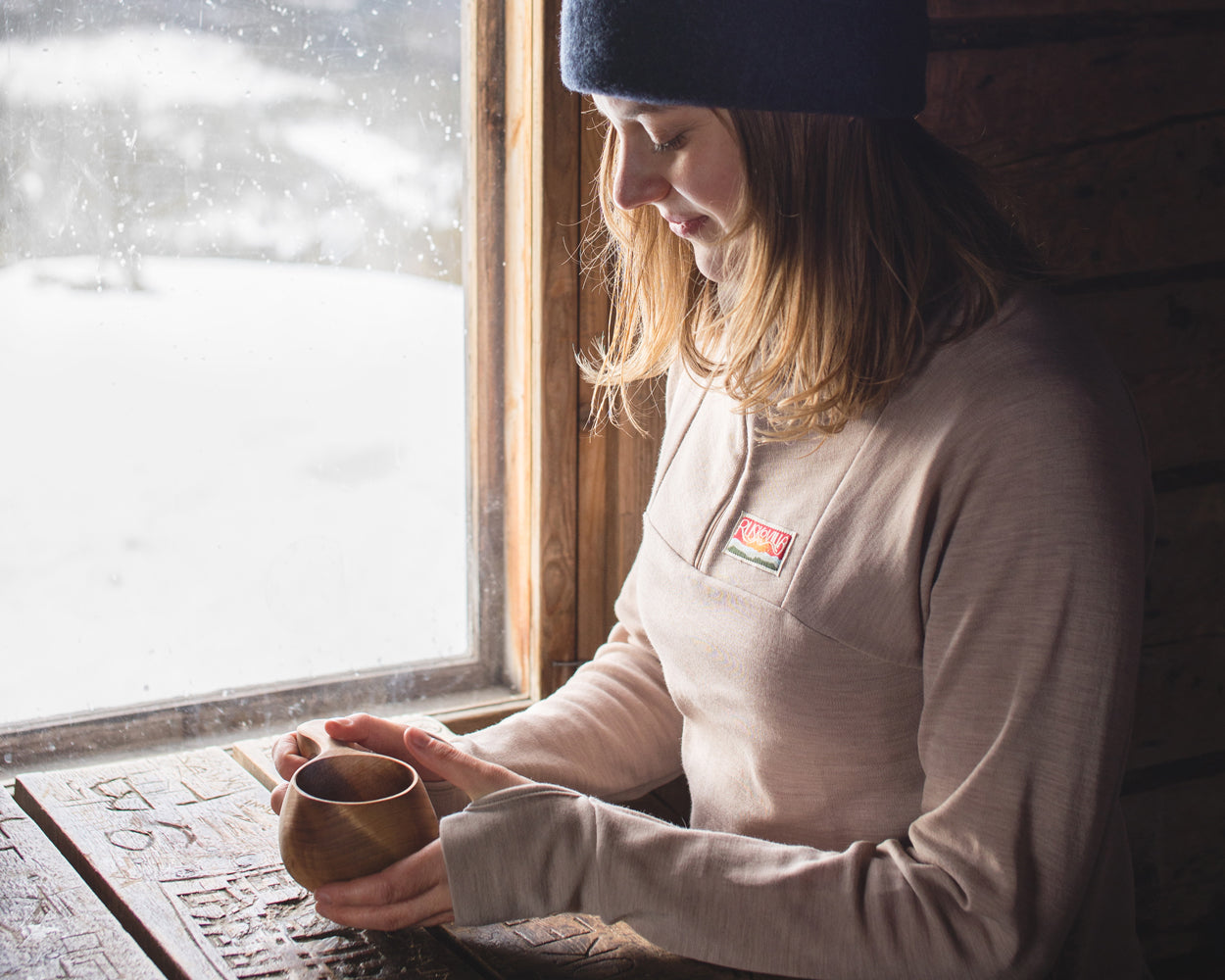
Outdoor undershirt is one of our most popular products, launched back in the 1980s. They have been used to conquer mountains, cross glaciers and on countless hikes in the local forests.
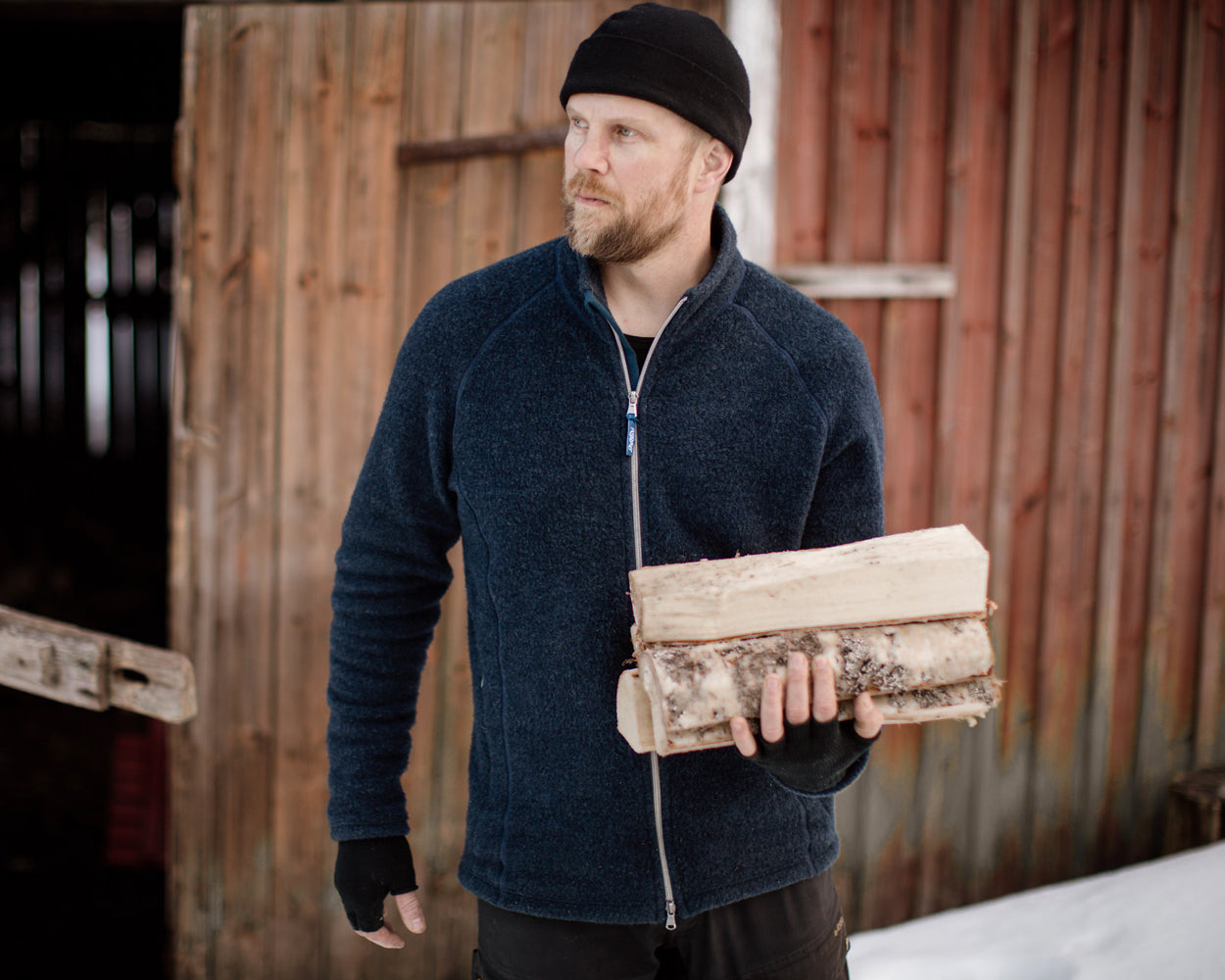
In 2017, we produced our first wool fleece jackets, which proved to be an instant favourite with our customers. Wool fleece is made from 100% organic merino wool, making it a microplastic-free alternative to traditional synthetic fleece.


